In the narrow lanes of Girdharnagar, the chai vendors still whisper his name — Raghuveer Bhardwaj. A name that once echoed through political rallies and party meetings, now reduced to a footnote, a warning, and at best — a nostalgic story told by tea-sipping uncles who once shook hands with “Raghu Bhai.”
Back in the 1990s, Raghuveer was a wildfire. Clad in crisp khadi, wielding a loud voice and louder dreams, he would shake up street corners with his impromptu speeches. With no godfather in politics and no deep pockets, he had only two things — a dream to serve and a dictionary full of punchlines.
“Desh badalne ke liye, pehle mohalla badalna padega!” he’d shout, as people clapped, half-inspired, half-confused.
At 26, he was a youth icon. Not the Instagram kind — but the kind who could cycle to every ward meeting, still make it to every protest march, and yet spend his evenings teaching poor kids free tuitions in his verandah. Raghu was that guy. Always available. For the public, at least.
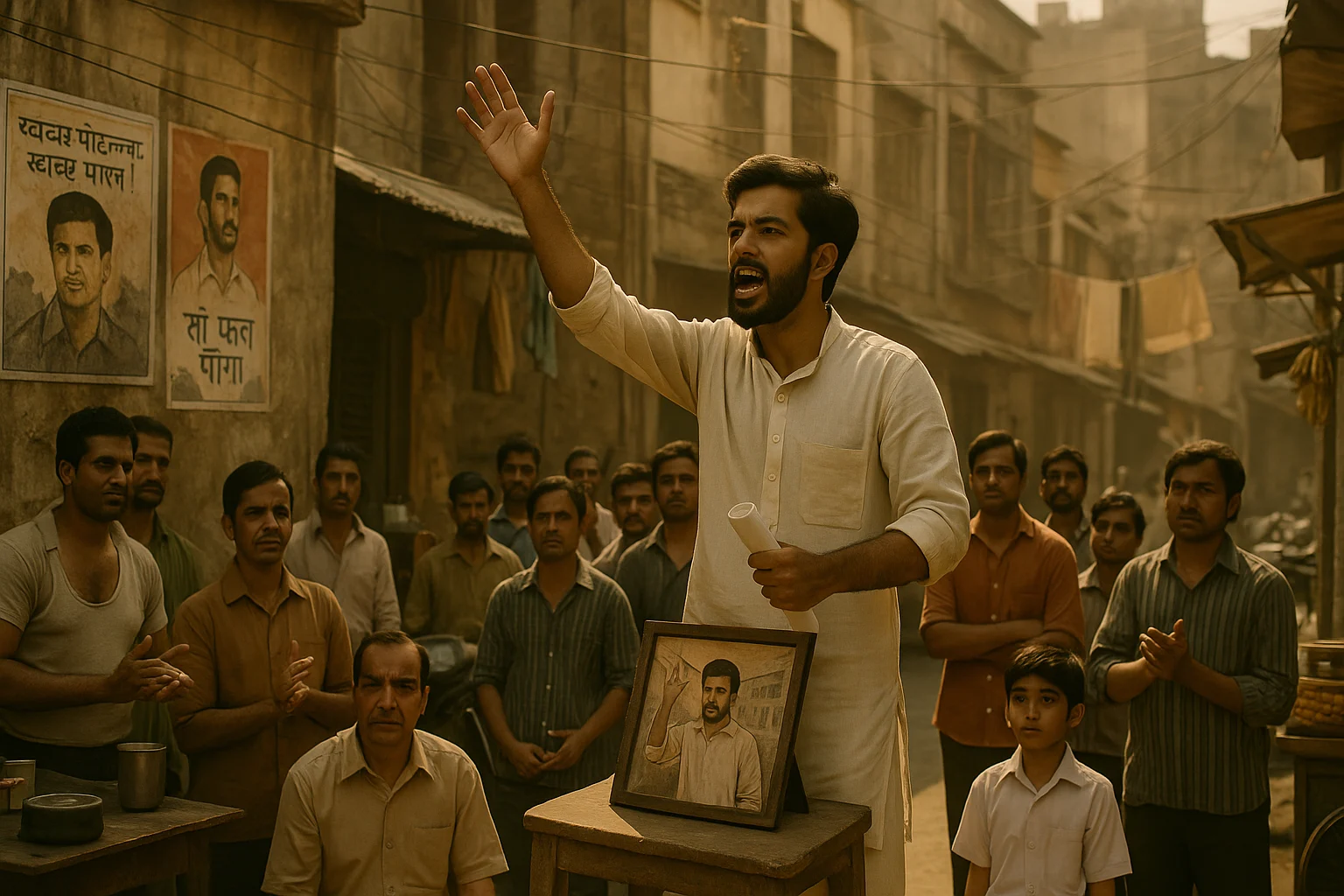 His wife Meera, on the other hand, lived in a rented 1BHK with more unpaid bills than neighbors. She was a silent sufferer, the kind you find standing behind every “man of the people.” She knew her husband wouldn’t change. Politics was not just his job — it was his religion.
His wife Meera, on the other hand, lived in a rented 1BHK with more unpaid bills than neighbors. She was a silent sufferer, the kind you find standing behind every “man of the people.” She knew her husband wouldn’t change. Politics was not just his job — it was his religion.
“Arre Meera, this is temporary struggle. One day, our home will be filled with garlands, fans, and flashing cameras!” he’d say, tucking a wilted rose garland he received at a forgotten rally.
But the struggle wasn’t temporary. It just took new shapes.
His friends in the party, who once stood shoulder-to-shoulder shouting slogans, slowly began showing up in SUVs, gold rings gleaming and white kurtas now branded. They smiled less and schemed more. They learned the game.
Raghu didn’t.
He refused contracts, denied bribes, and even returned a bouquet of cash from a local builder.
“I am here to change the system, not sell my soul,” he declared.
Noble words. But noble words don’t pay school fees.
Soon, Meera started picking up part-time tailoring work. Their son Ashish, a sharp boy, grew up knowing that lunch was sometimes just “namak-chawal” and love was his mother hiding her tears at night.
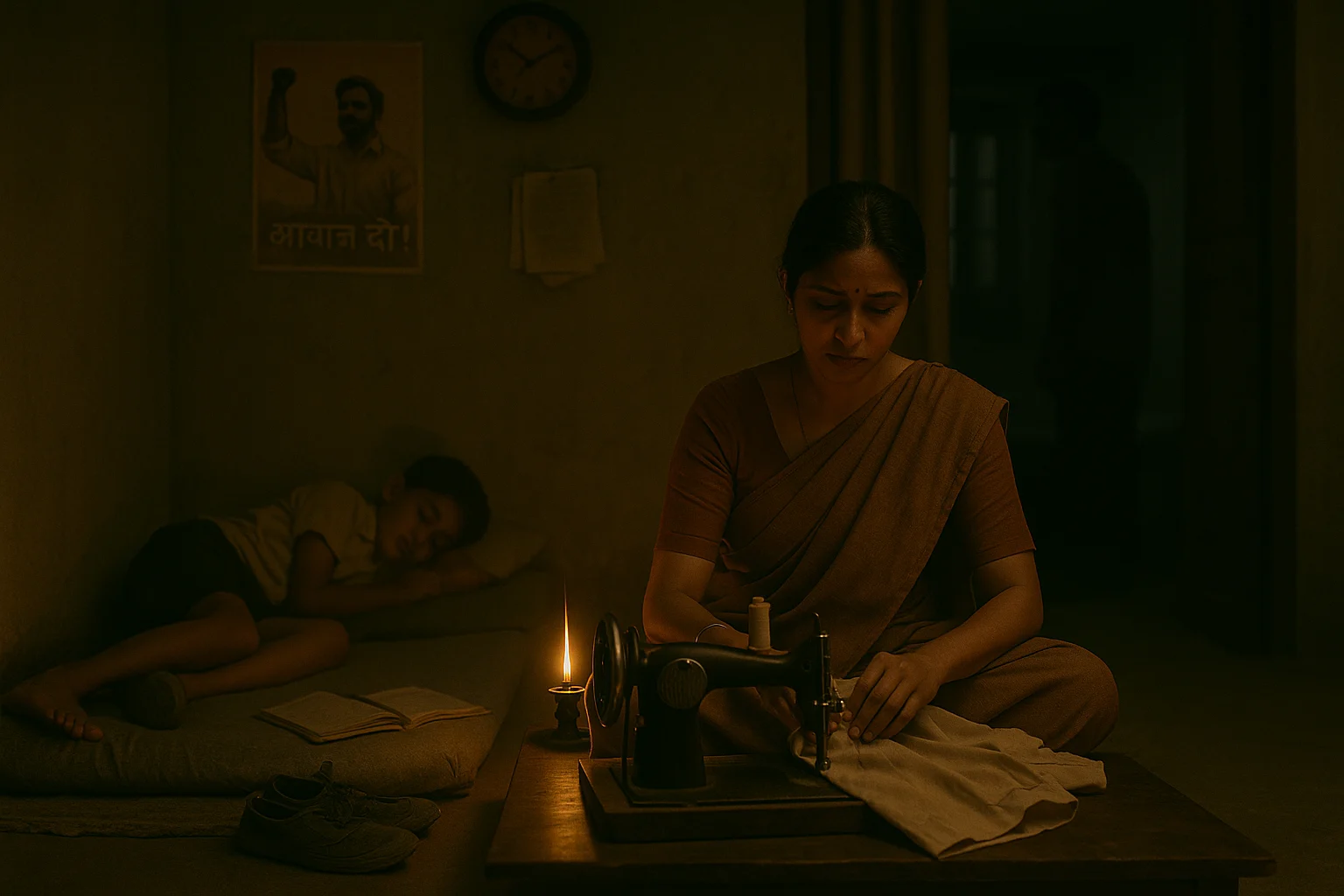 Eventually, when Ashish turned 18 and asked his father for help with college fees, Raghu smiled weakly and said:
Eventually, when Ashish turned 18 and asked his father for help with college fees, Raghu smiled weakly and said:
“Beta, I can give you ideology, not money.”
That was the final straw.
One evening, Meera quietly packed her trunk. No drama. No screaming. Just one note left behind:
“You chose the nation. I choose my son.”
Raghu didn’t run after her. He was too proud. Or maybe too broken.
 The Fall
The Fall
By the time Raghu turned 50, even his coughs sounded like protest slogans. His health deteriorated. But his pride didn’t.
No one visited. Not even old comrades. Only political posters adorned his walls now — faded, curling, some even showing younger versions of himself, arms raised like a leader of men.
The local party had moved on. Younger, richer leaders had taken center stage. Raghu was now a cautionary tale.
 The End
The End
It was during a hot April afternoon that Raghu was found dead in his modest flat. Alone. On a mattress, surrounded by old newspapers, unpaid electricity bills, and a half-written speech about “saving democracy.”
The neighbors, too busy with IPL, didn’t notice for two days — until the smell reached the stairwell.
What followed was the most tragic part of his story.
No relative came. Not even his son, who was now working in Dubai, unreachable. His wife? Word was she had remarried.
The landlord refused to arrange the funeral, citing “arre, who has the time?”
Eventually, a local corporator from the same party he served for decades sent a few workers.
“Do it quickly, bhai… and don’t put up party flags. Bad optics.”
Raghuveer Bhardwaj — the man who once imagined himself as the Chief Minister — was cremated like an orphan, wrapped not in national pride but in apathy.
 Epilogue: The Forgotten File
Epilogue: The Forgotten File
A week later, while cleaning his room, a party volunteer stumbled upon a dusty folder.
Inside was a handwritten draft of a policy proposal for political pension schemes for aged grassroots workers. It had footnotes, statistics, and even case studies.
It had passion. Vision. Heart.
No one read it.
The file was tossed into the trash, along with a broken transistor and Raghu’s only framed photo — where he stood smiling in front of a banner that read:
“Raghuveer Bhardwaj: Voice of the Common Man.”
Moral of the Story:
Ambition without balance leads to isolation. A true leader builds both the nation and a life worth living.
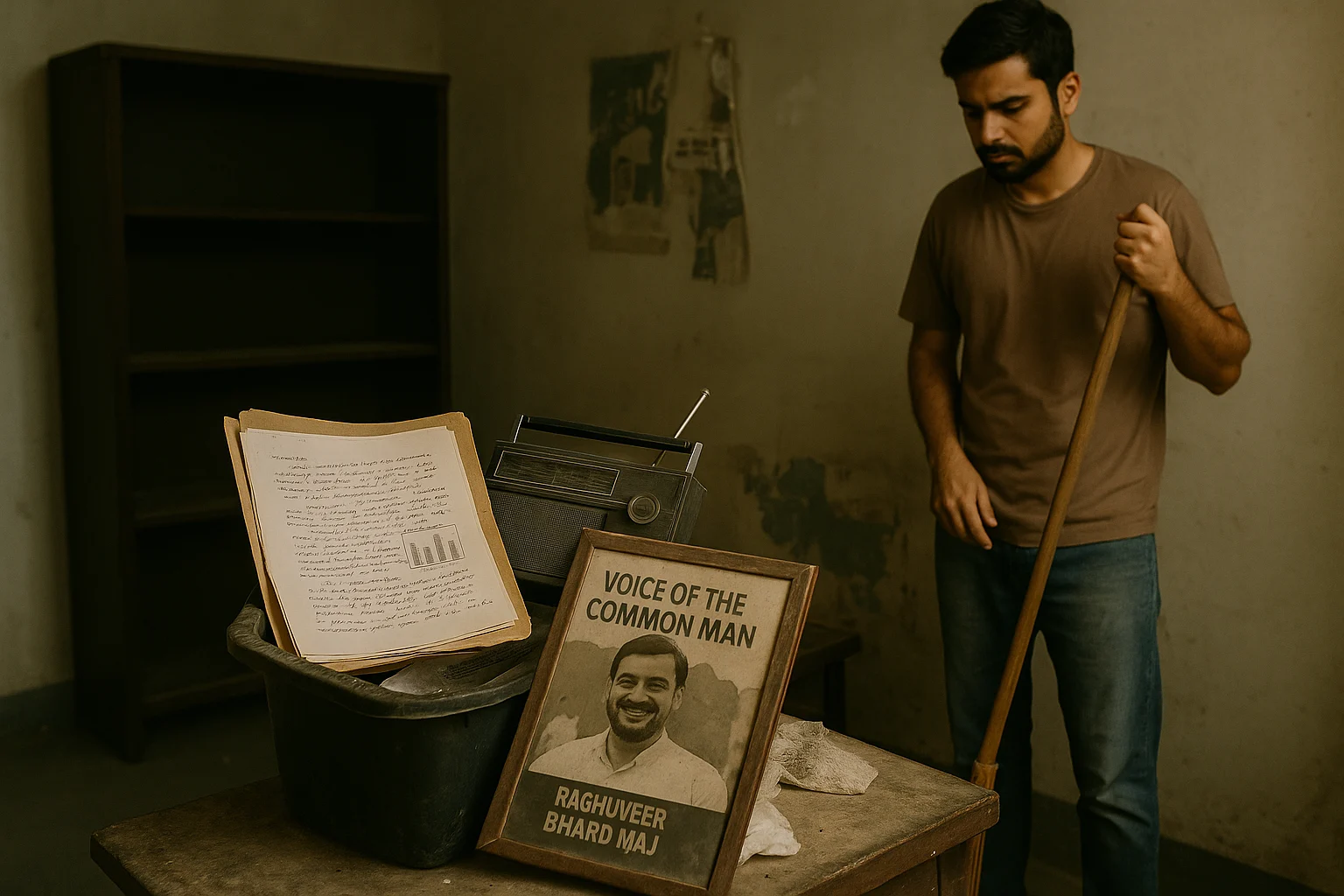
Receive Stories and Articles in your Inbox!
We won’t send any promotional or spam emails.
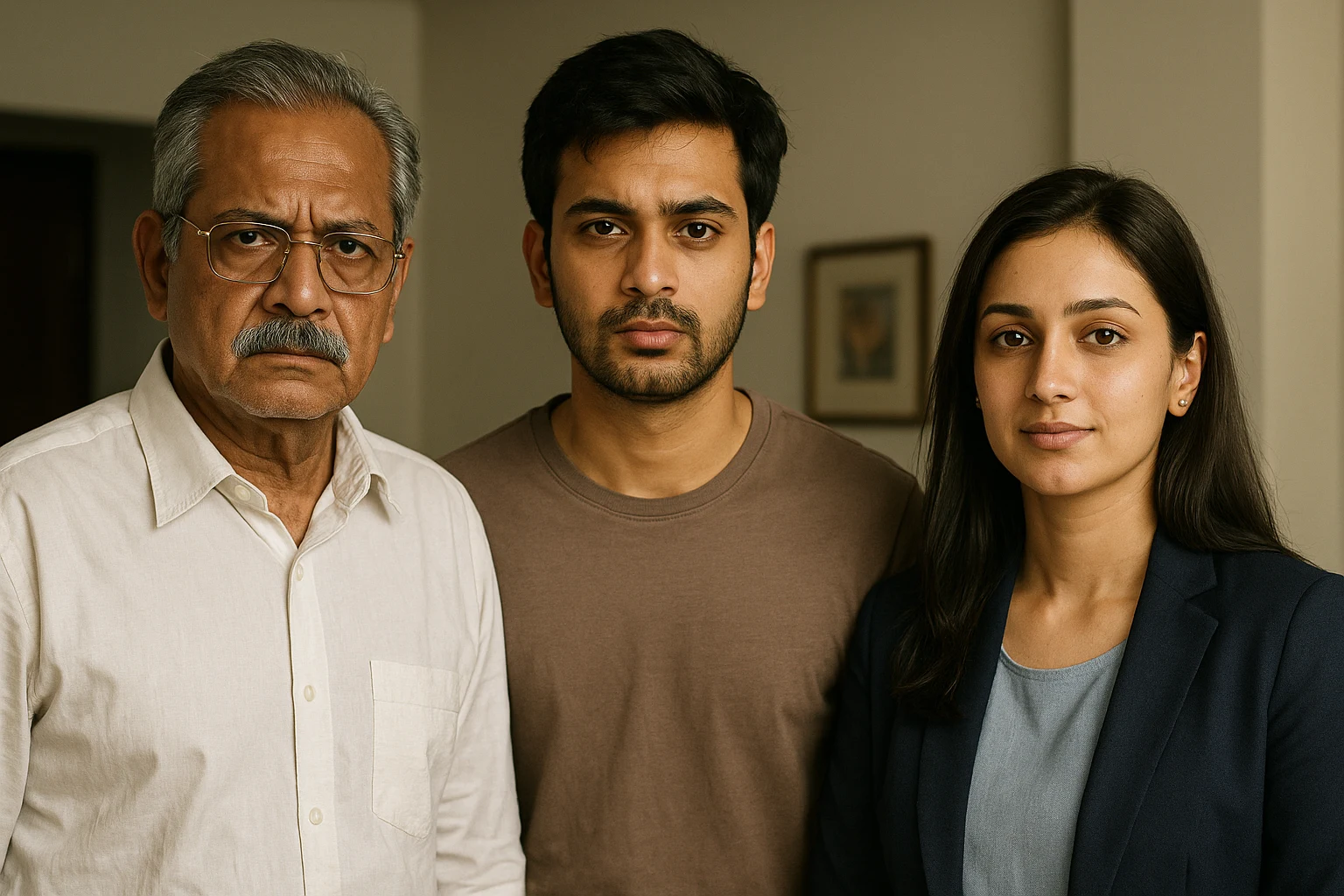

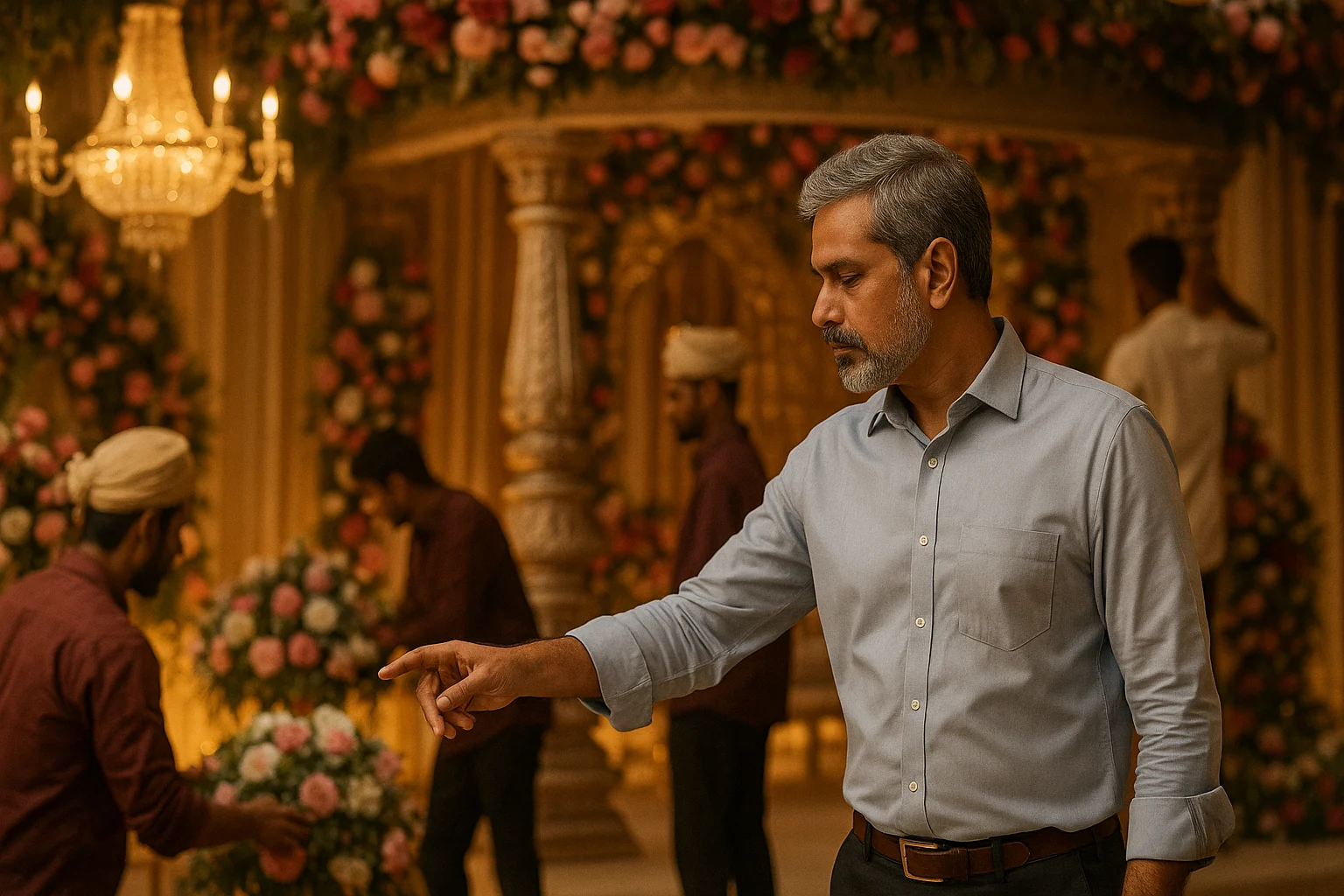
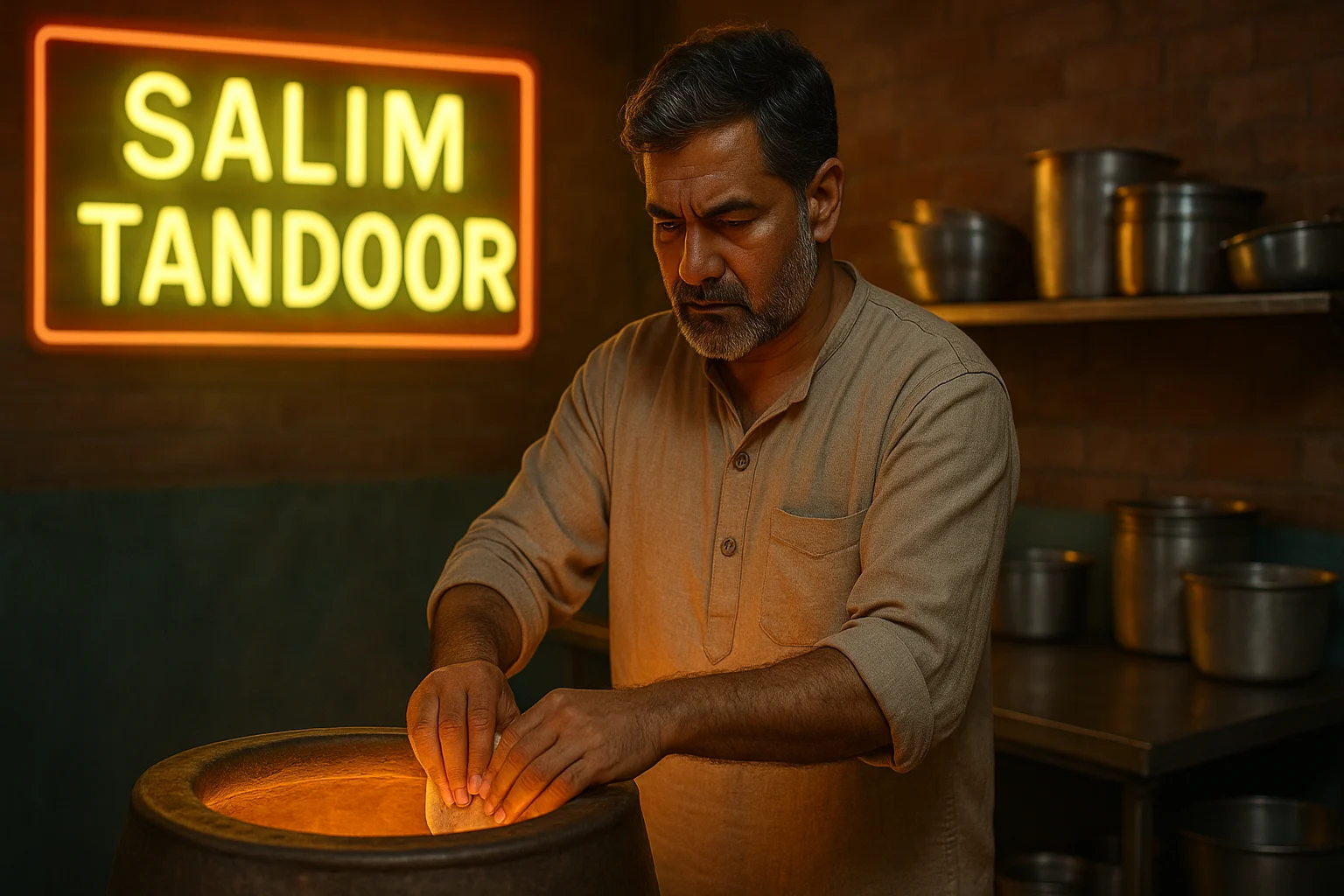
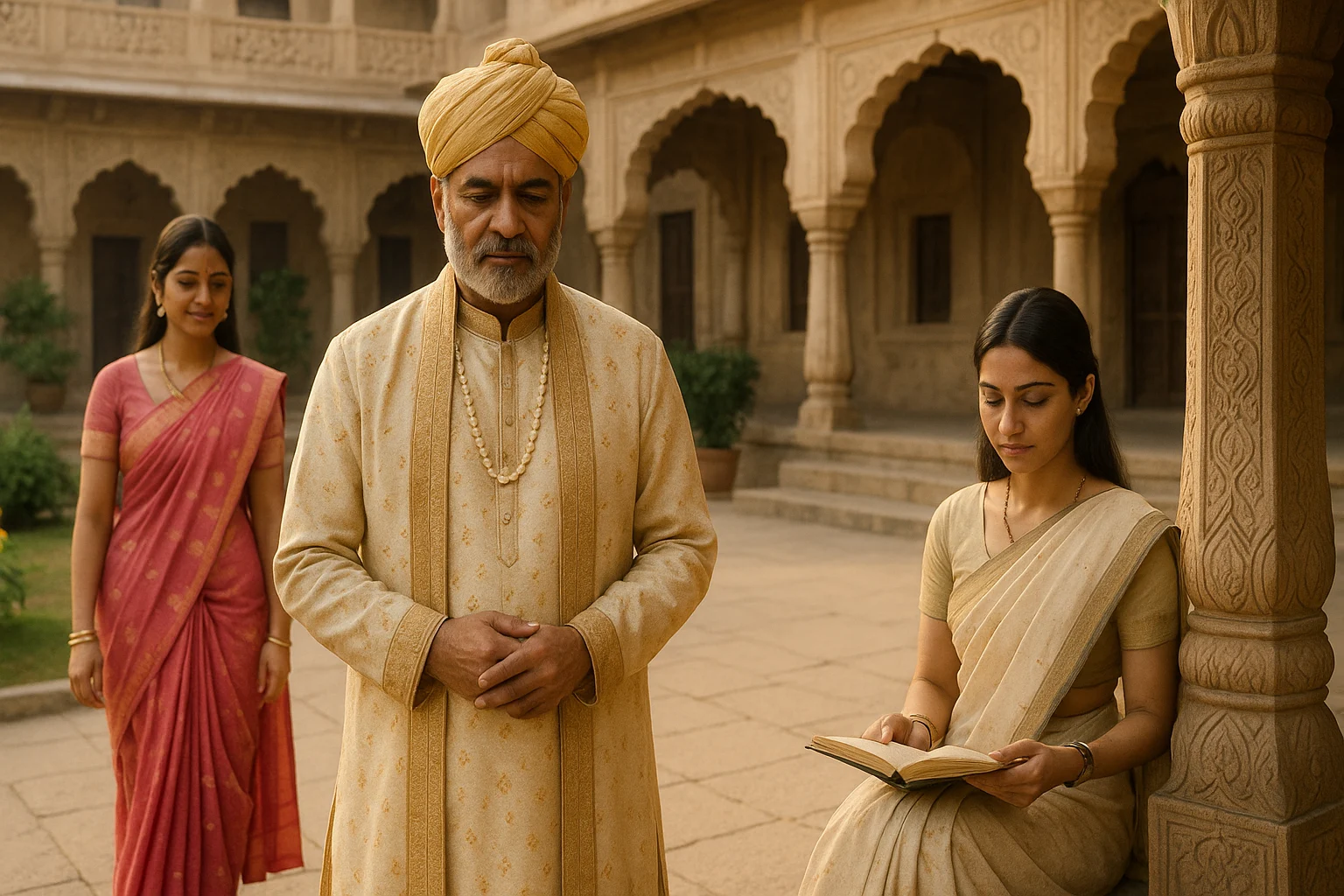
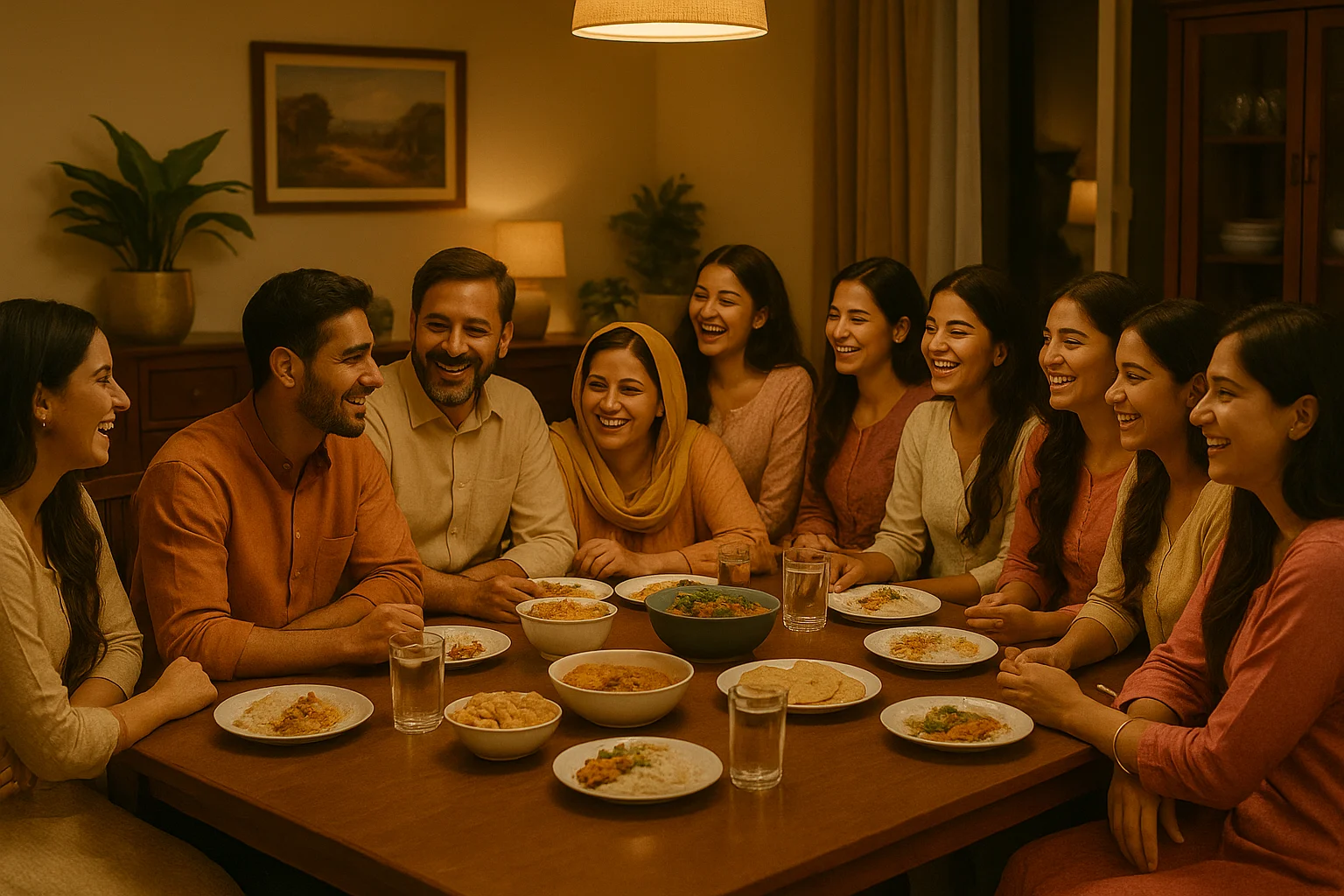
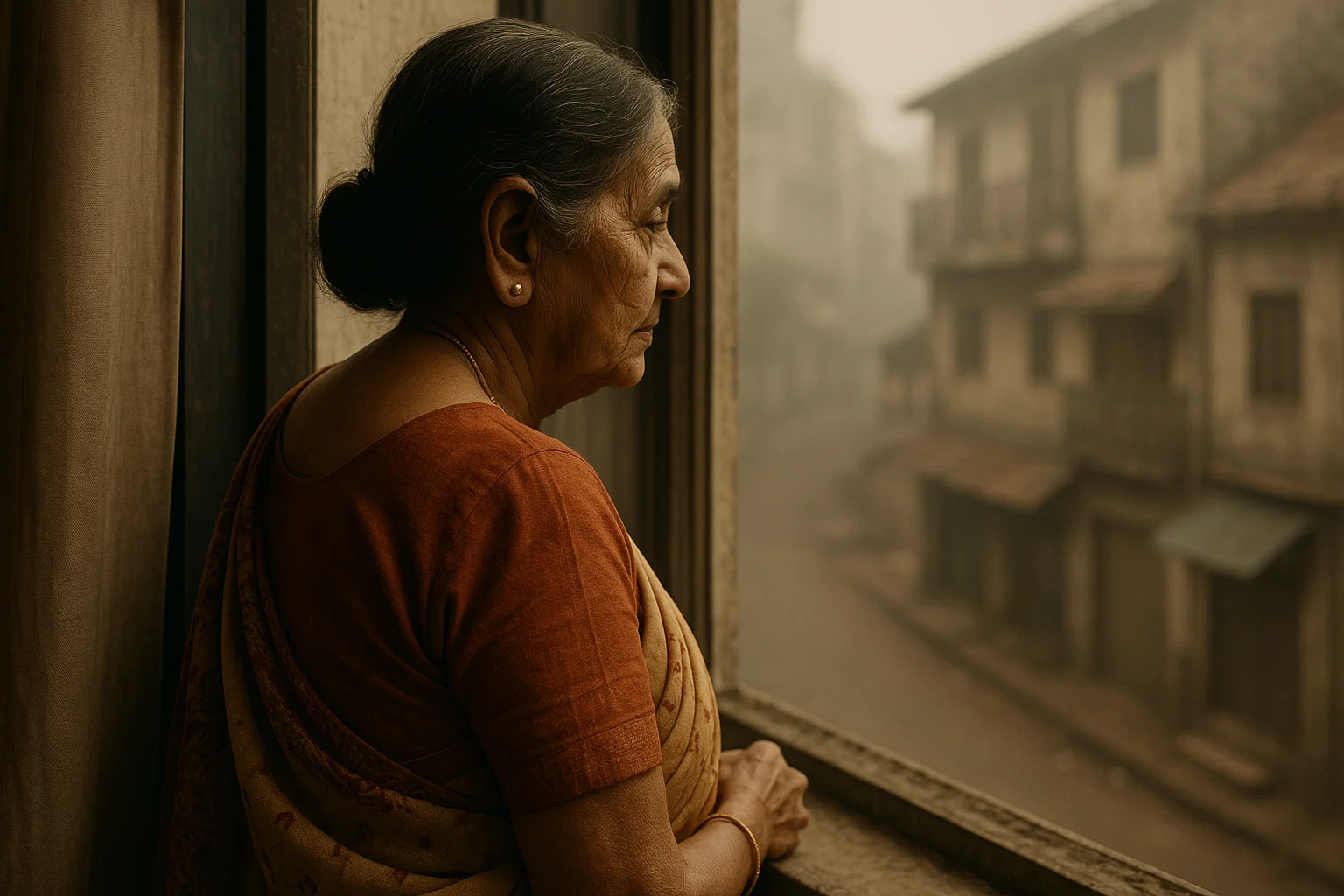
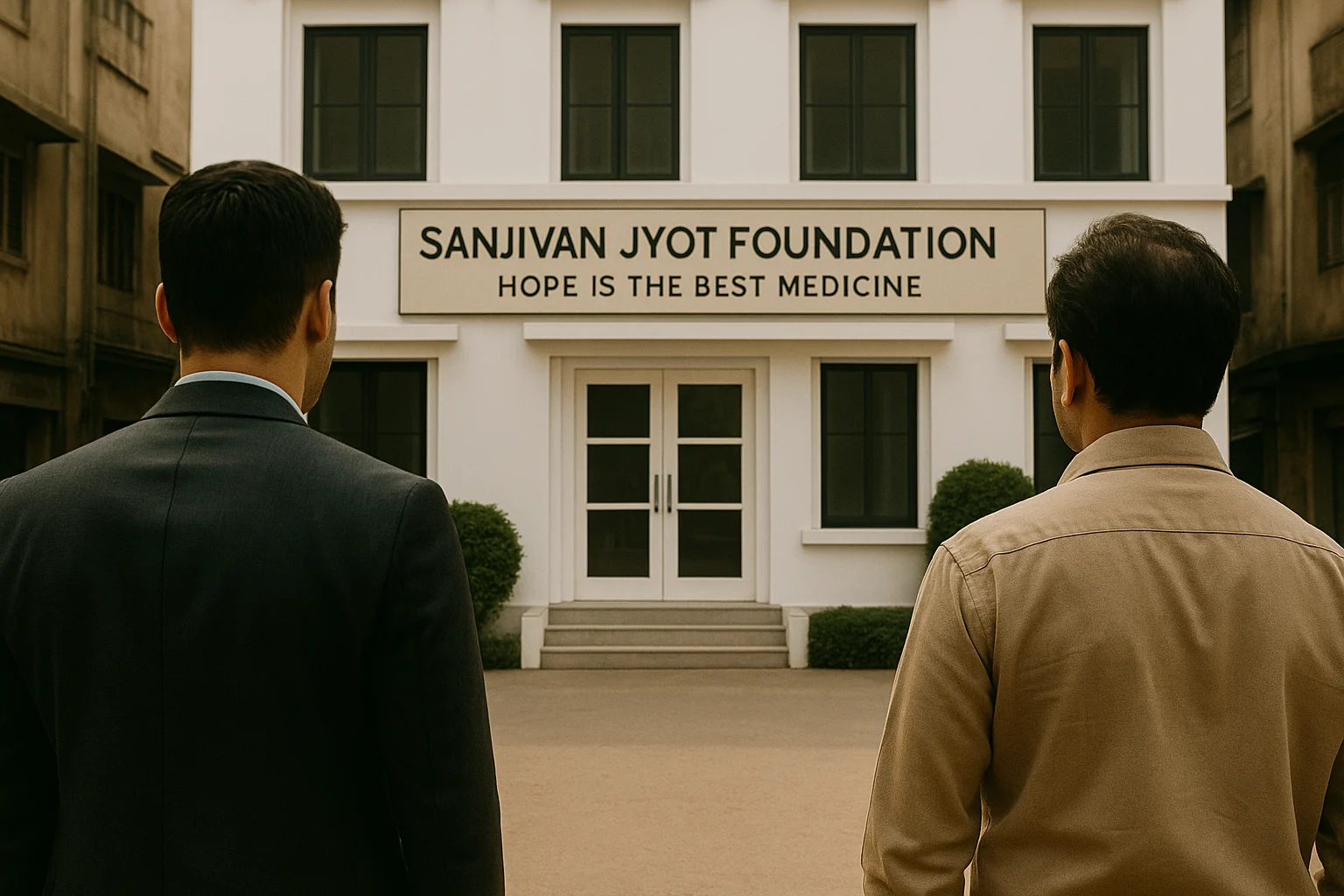
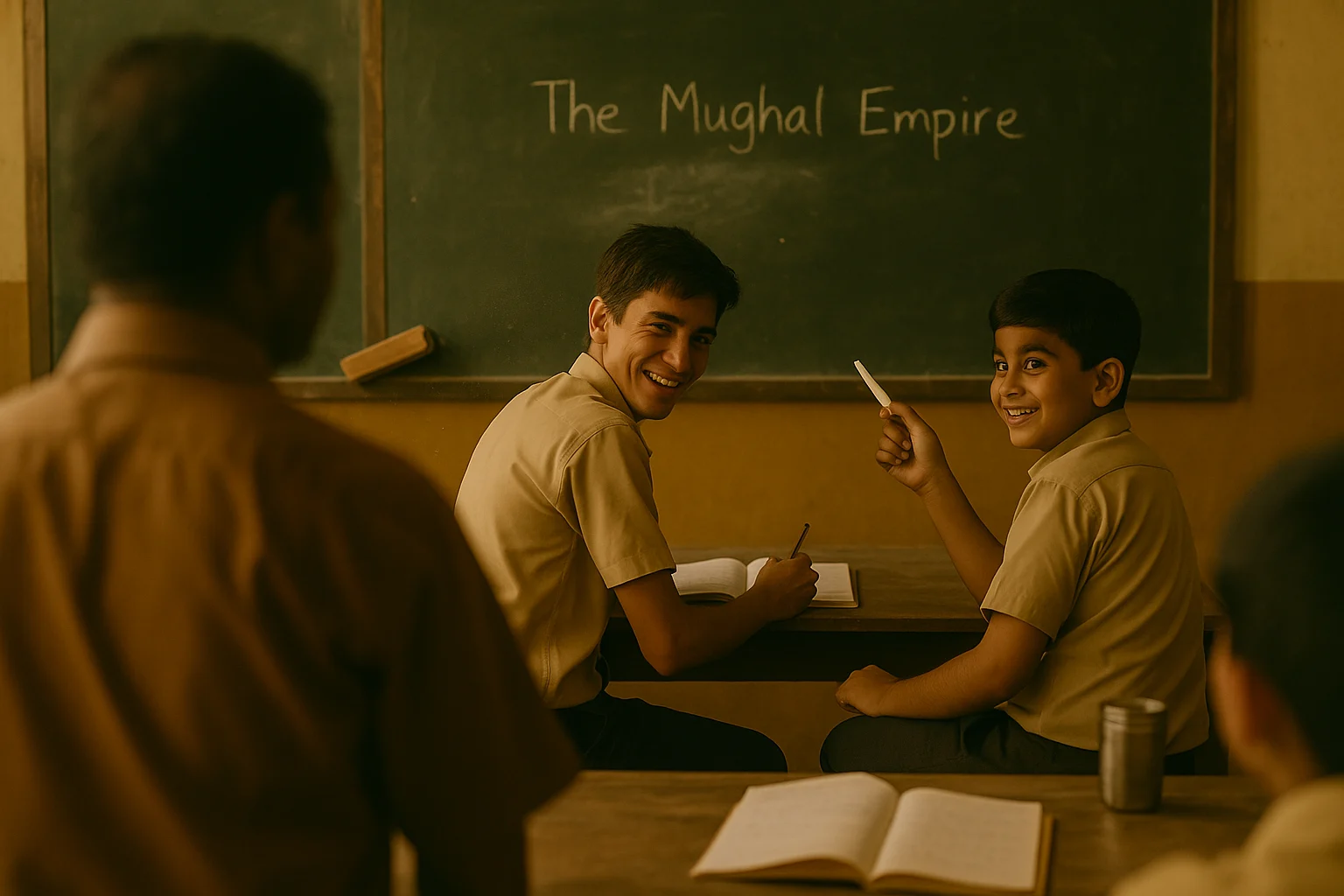
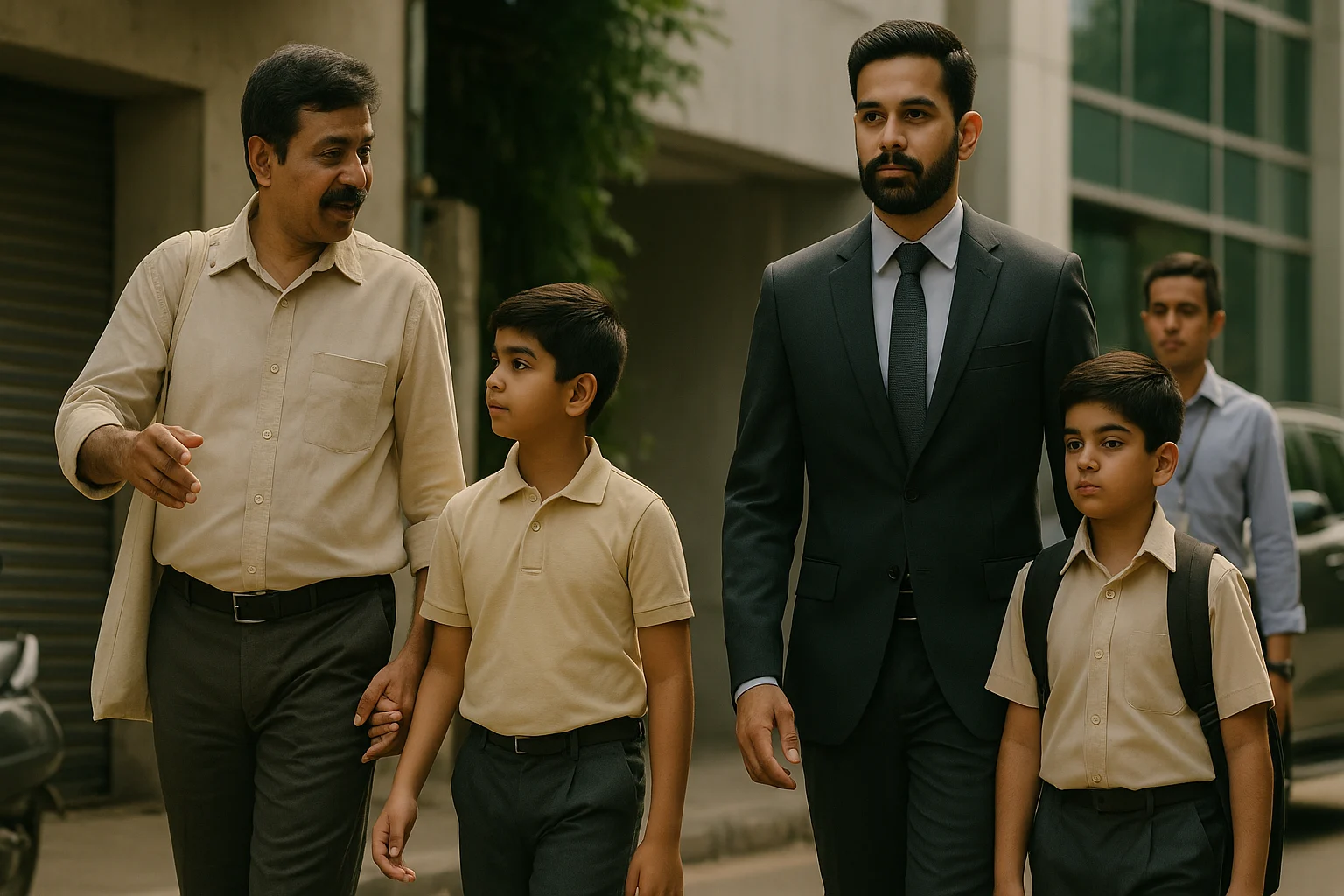


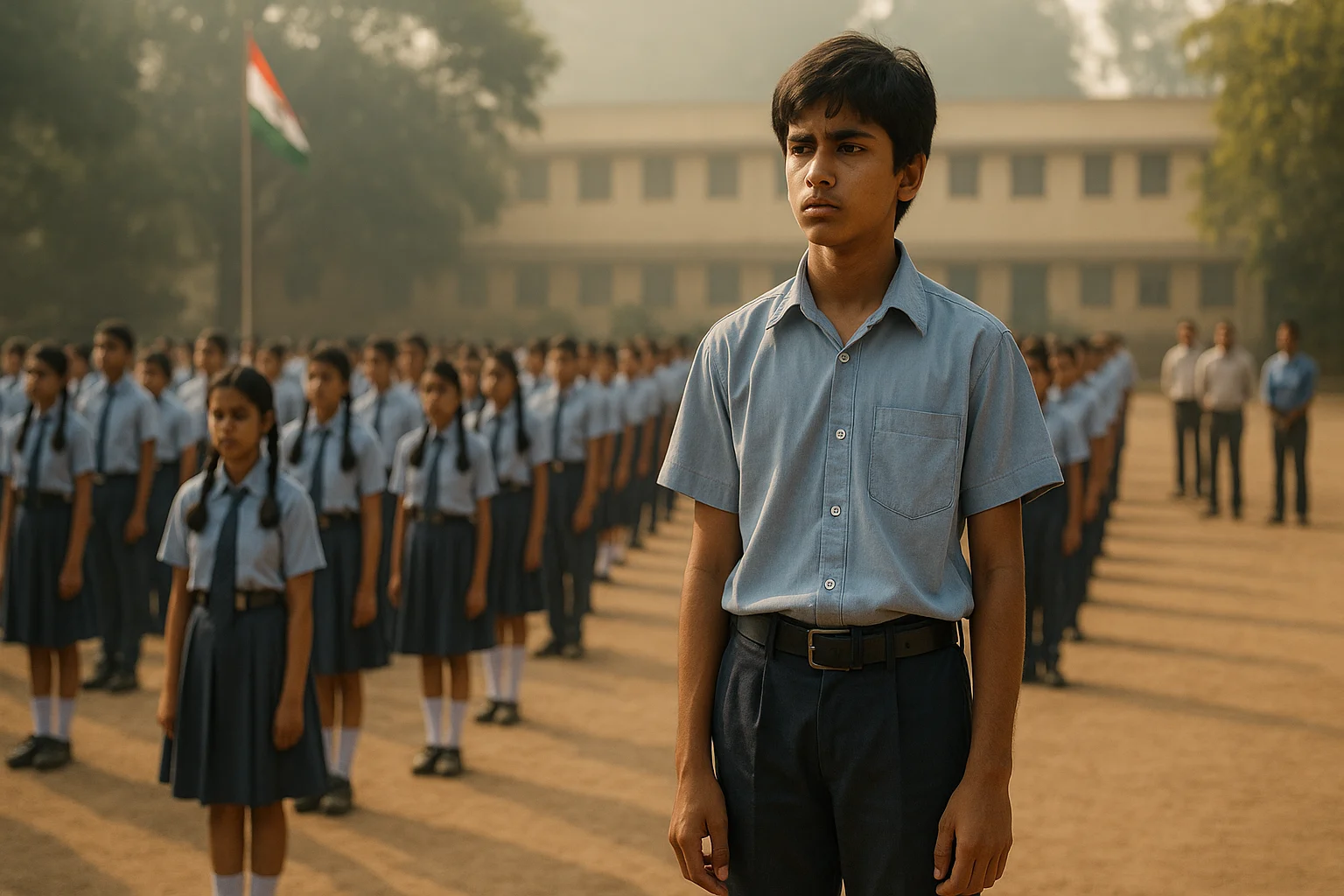
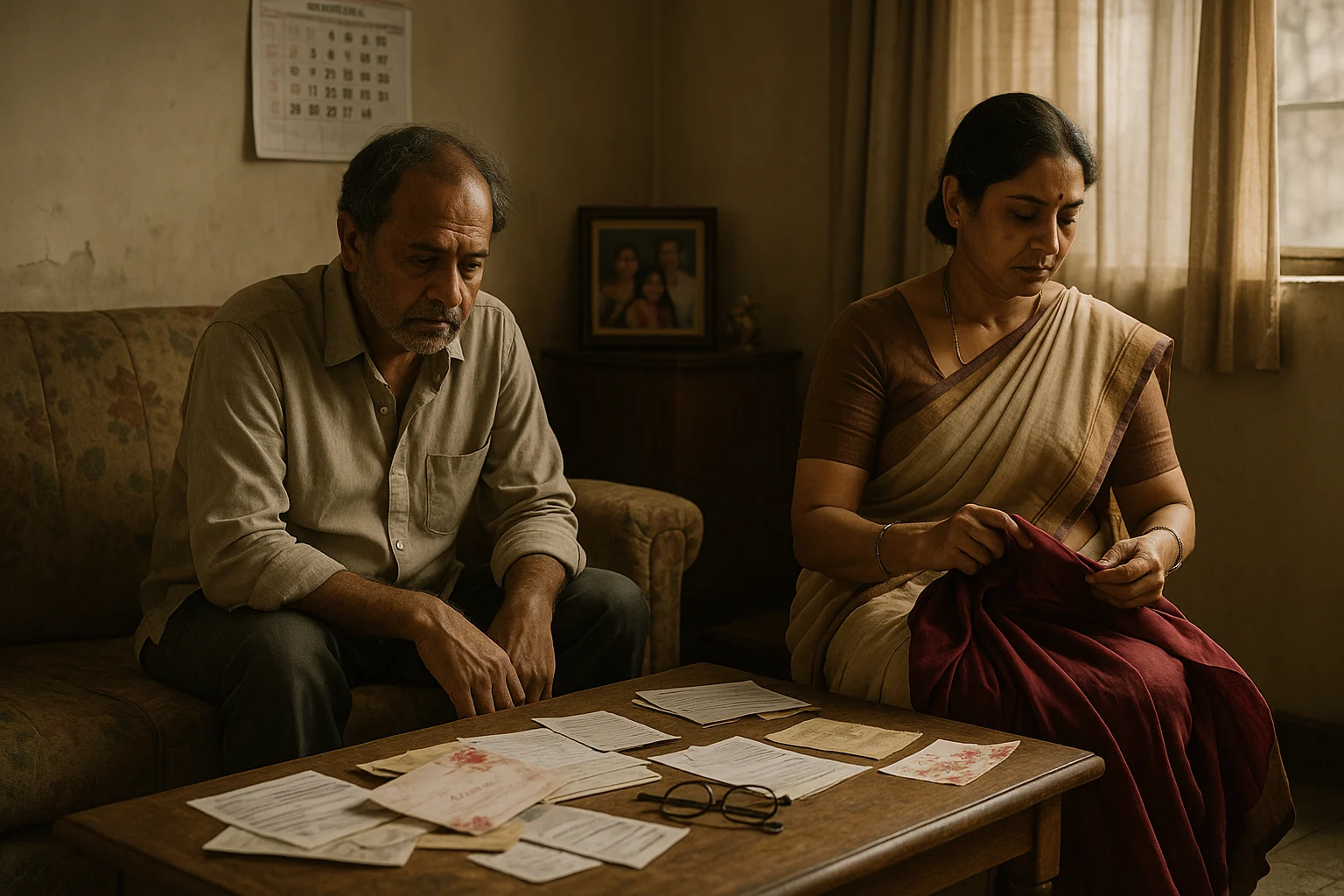
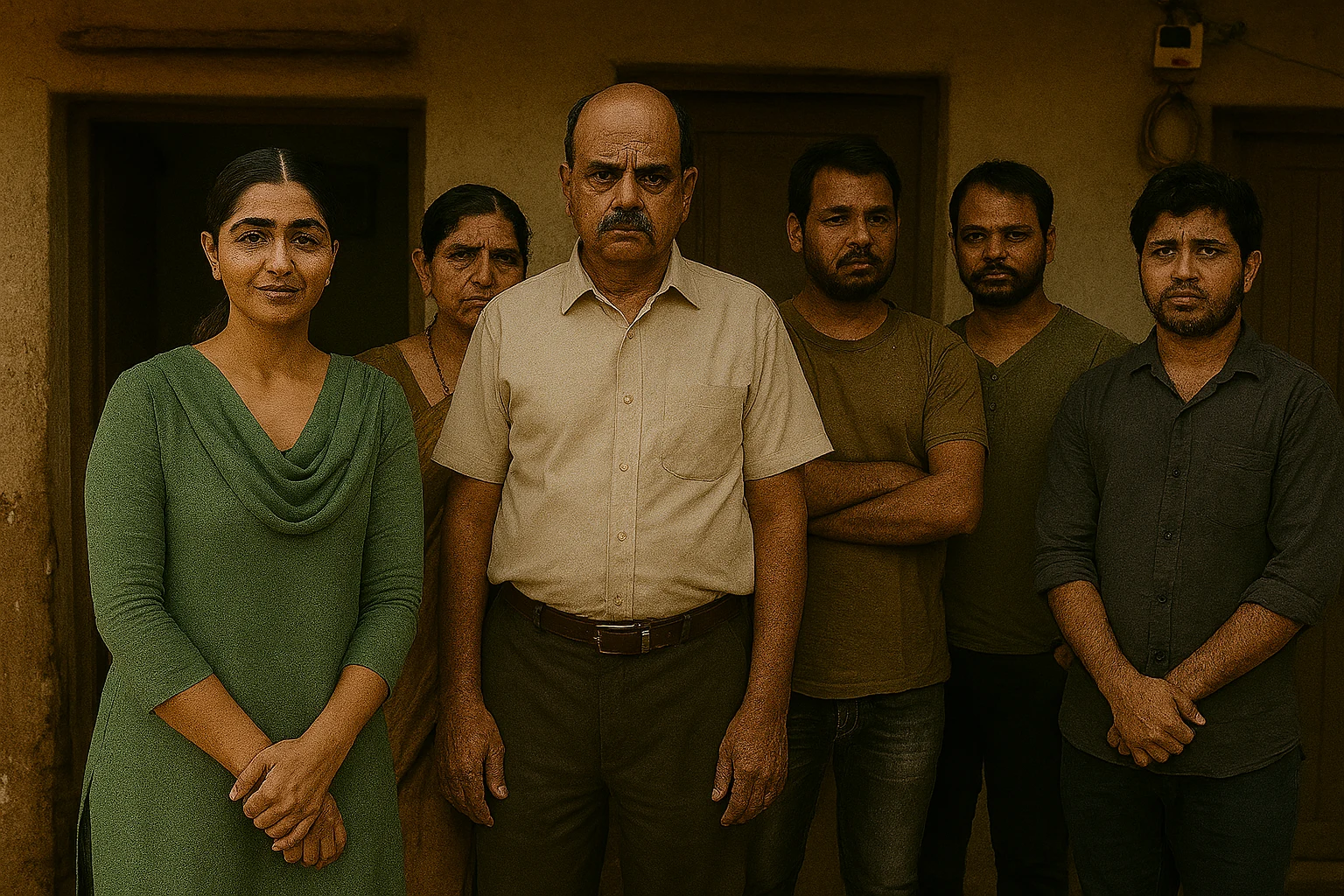
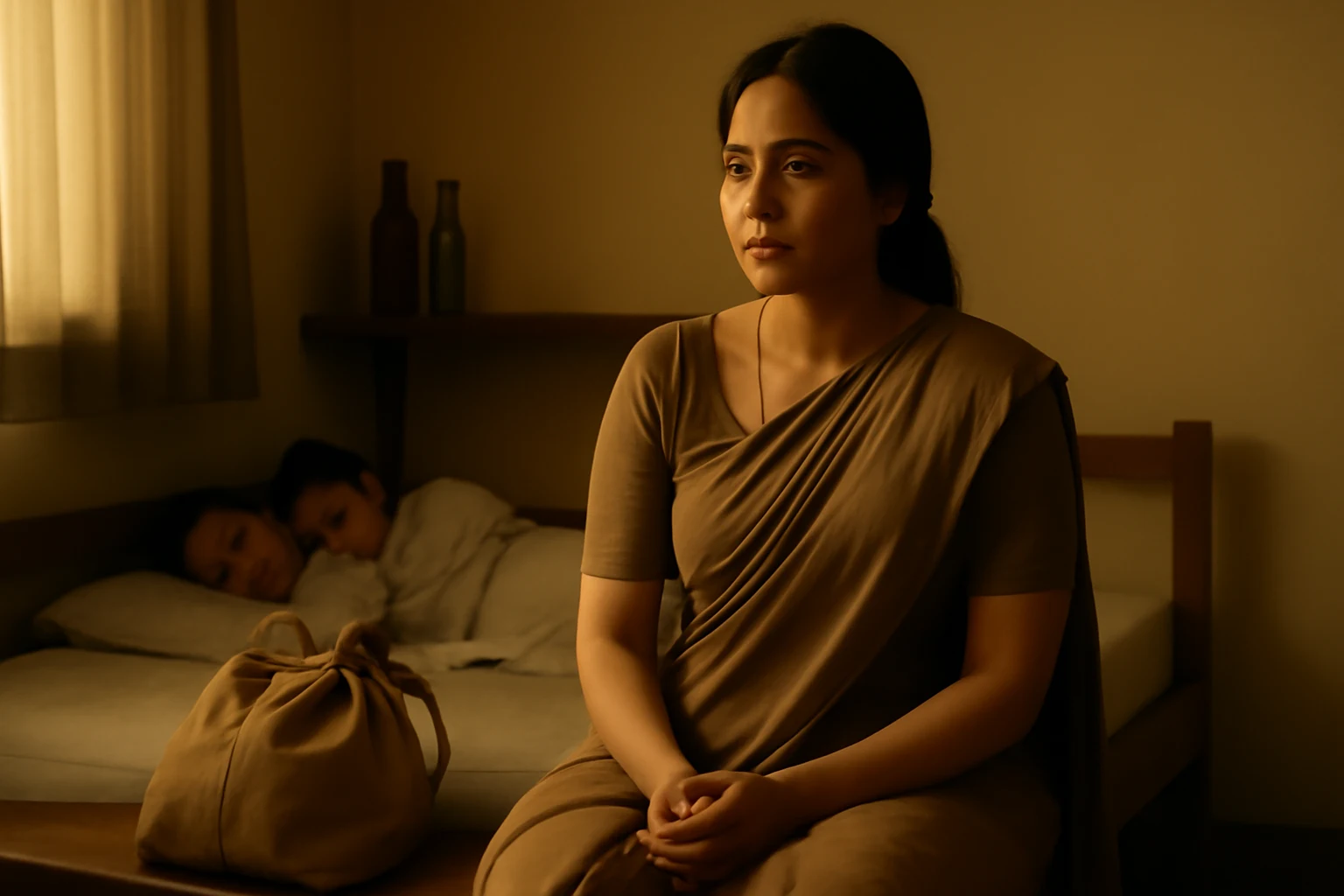
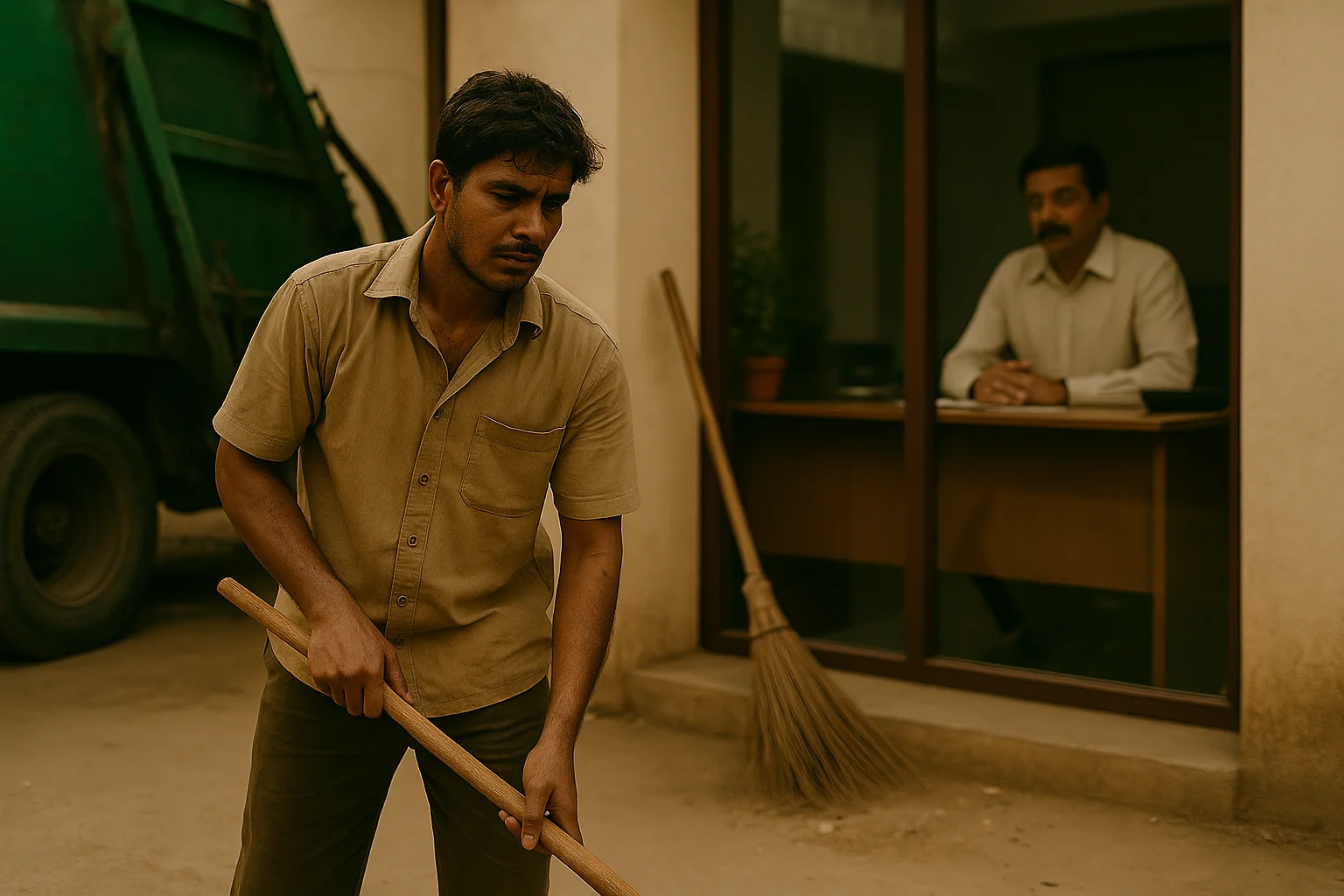
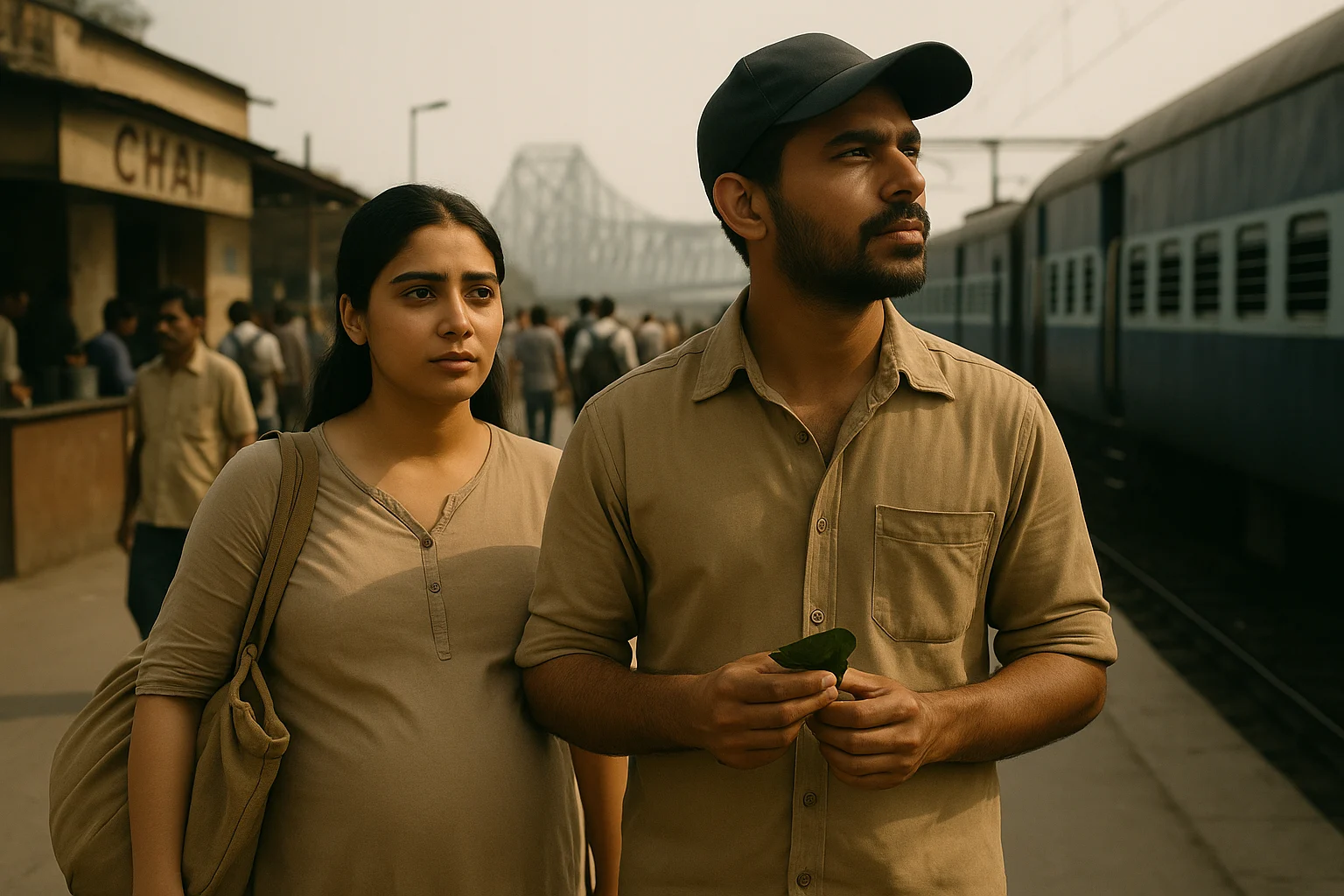
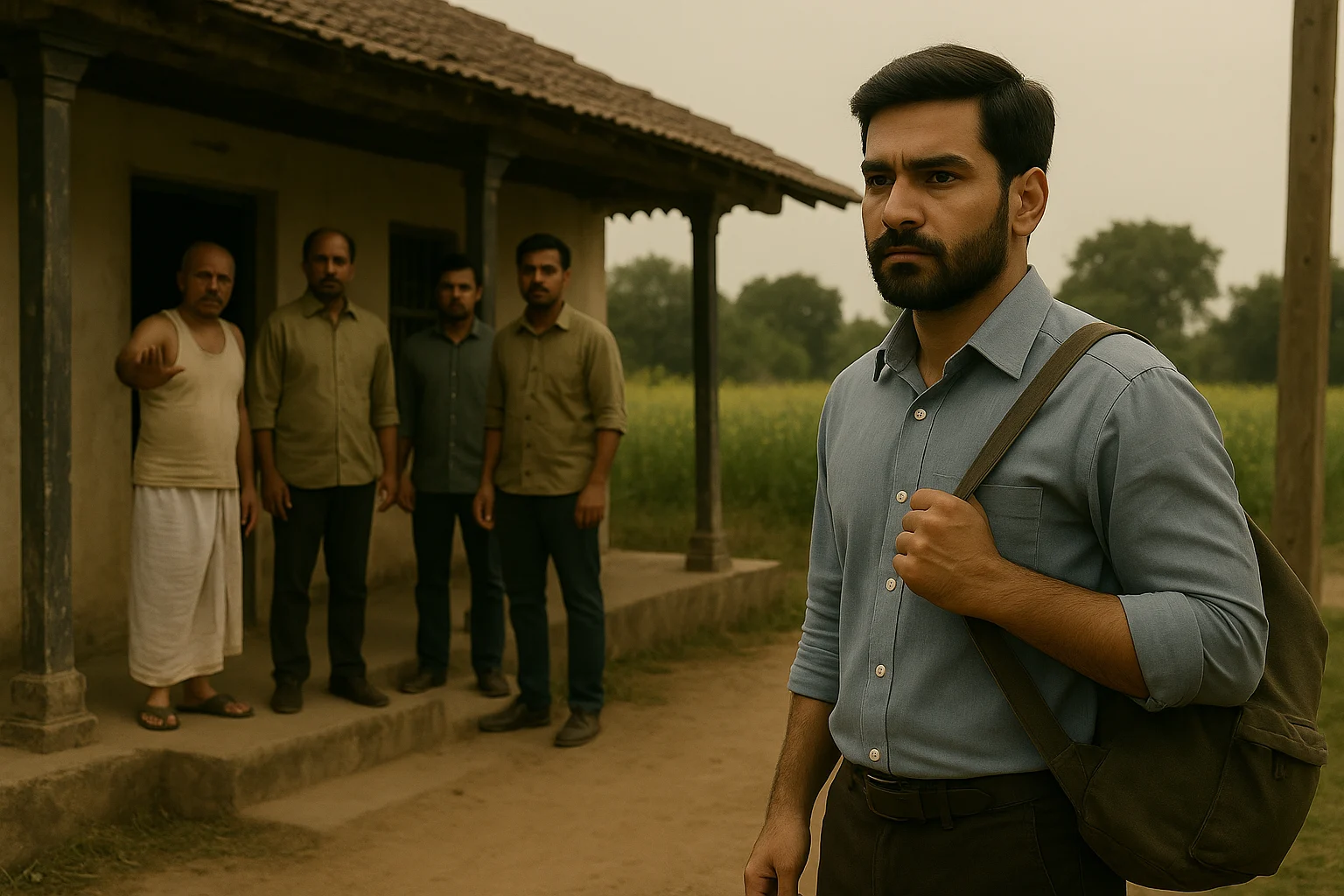
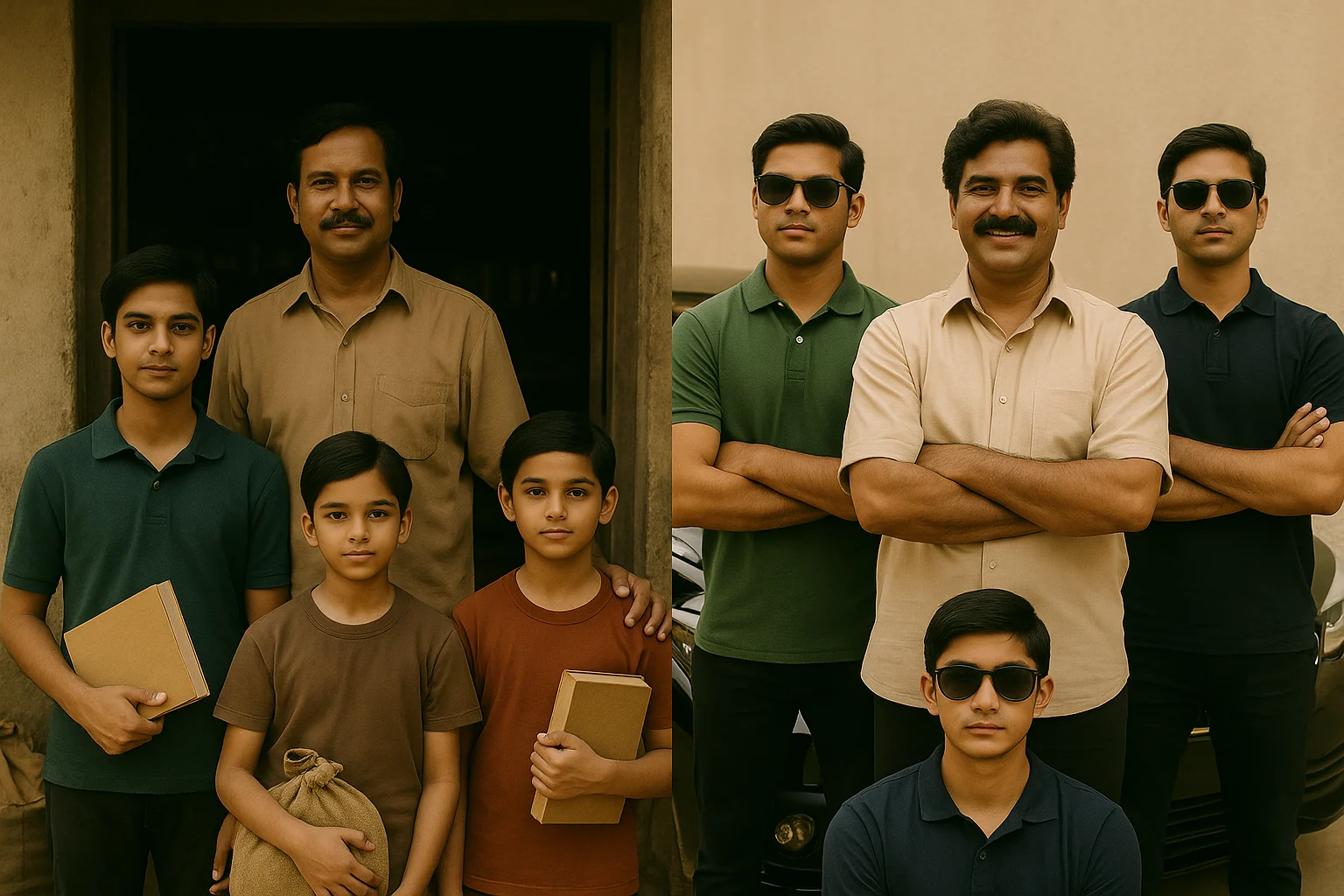
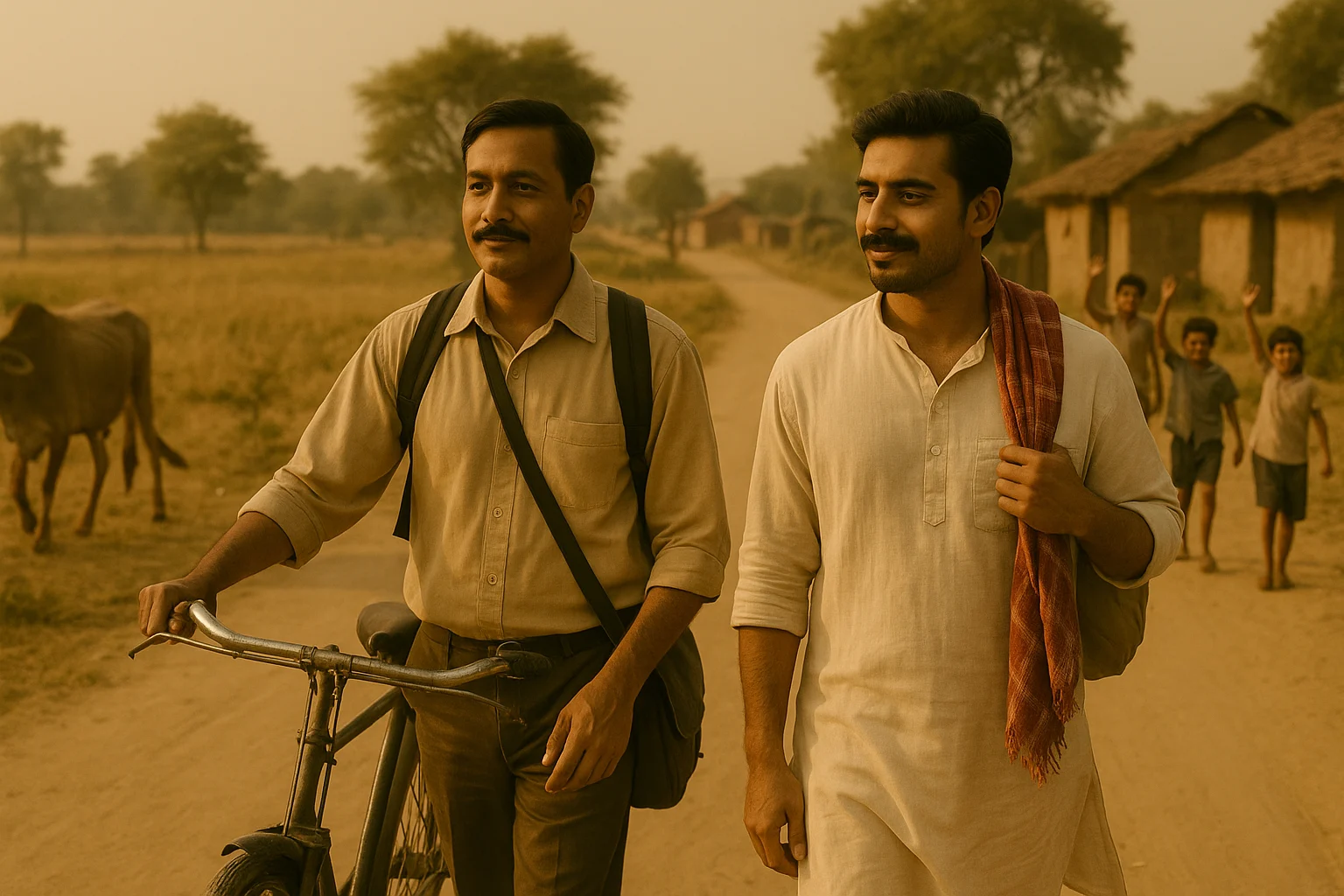
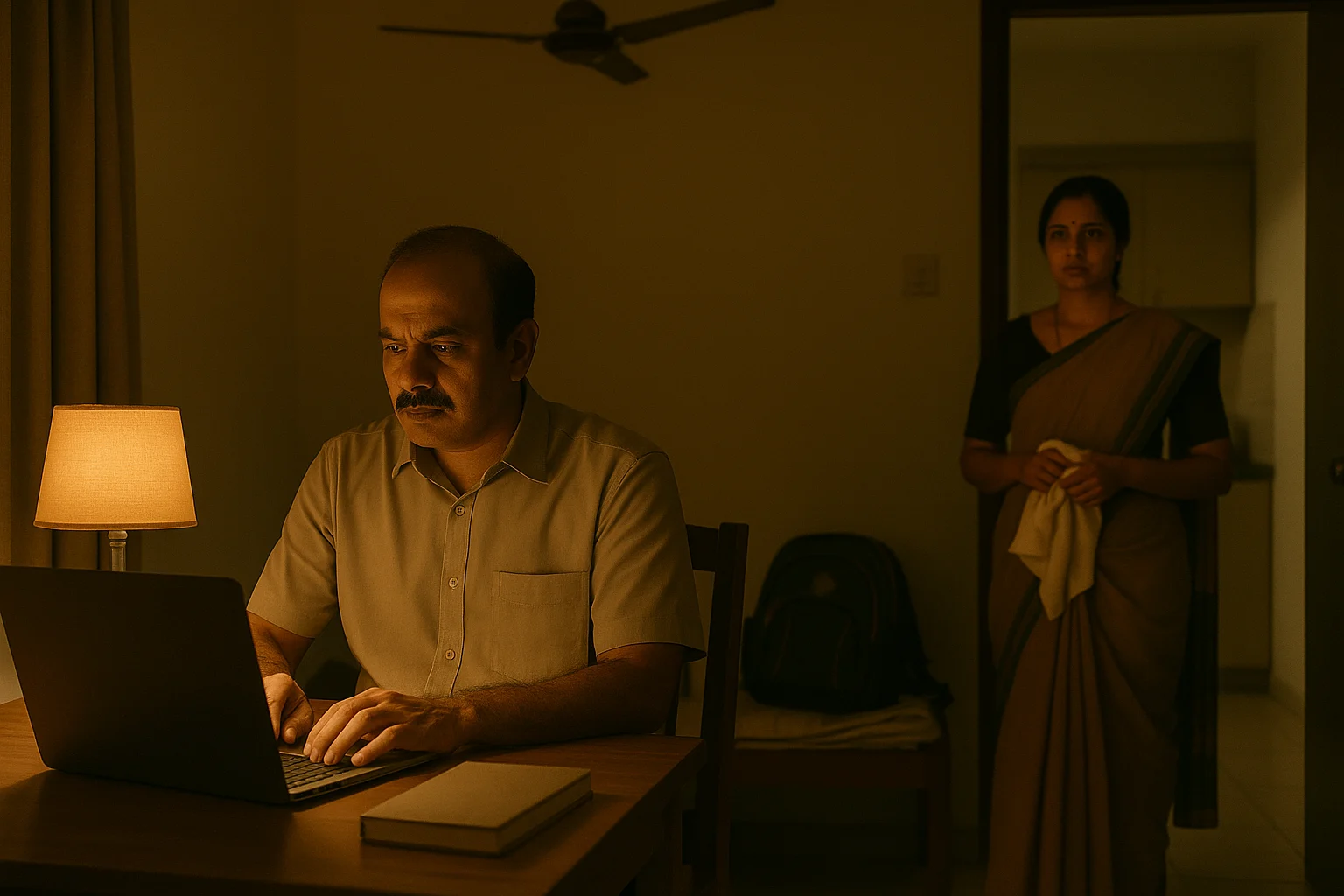
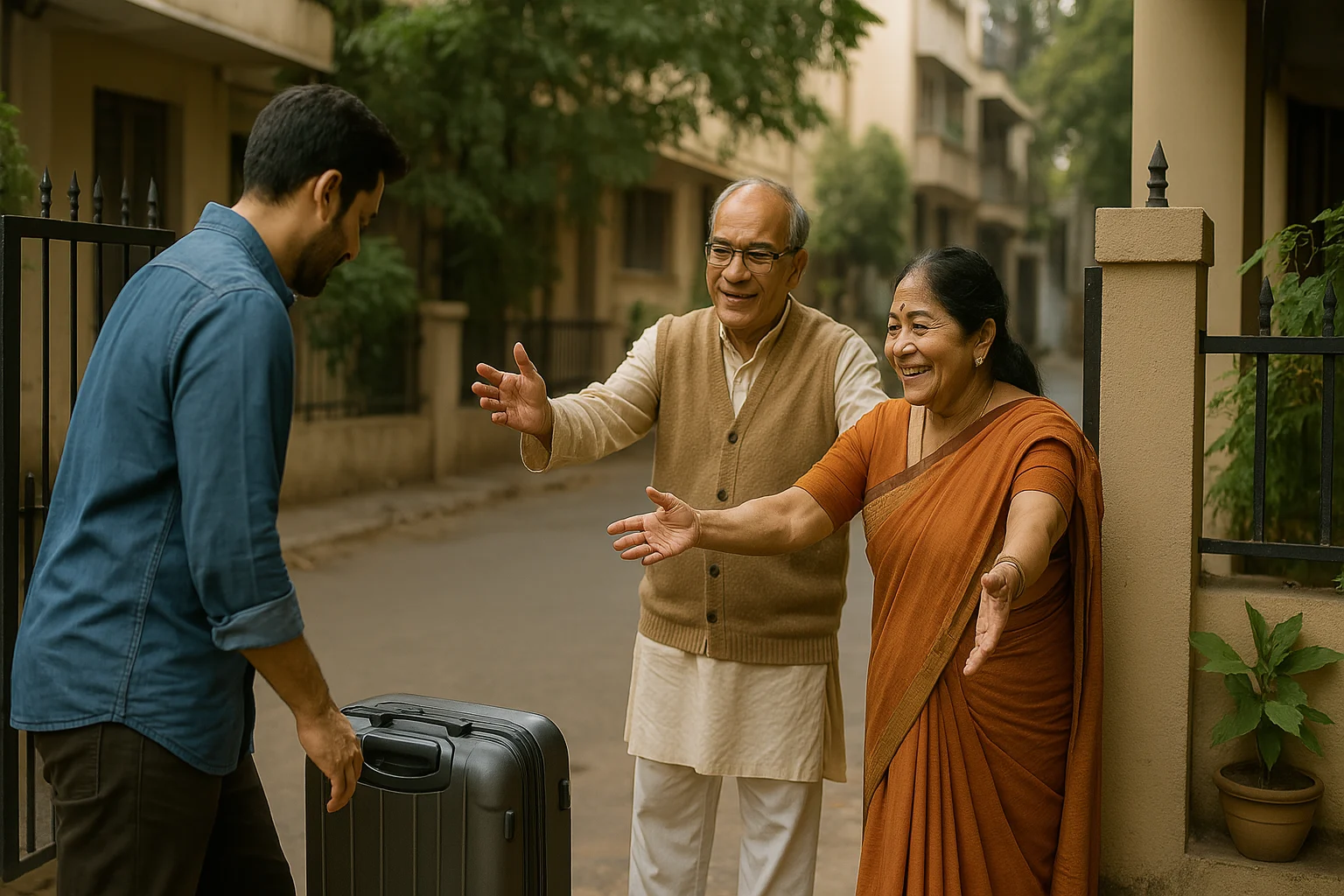

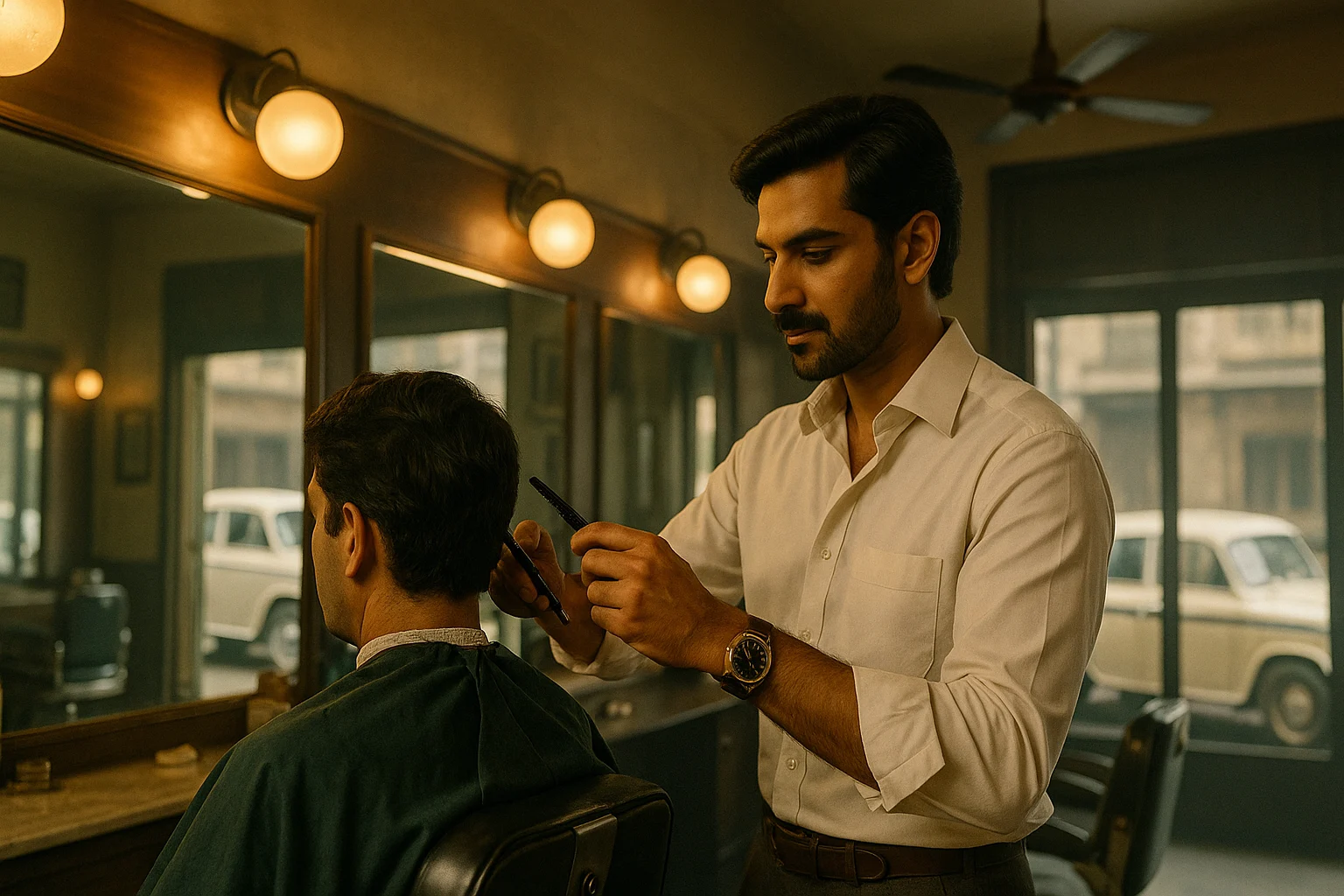





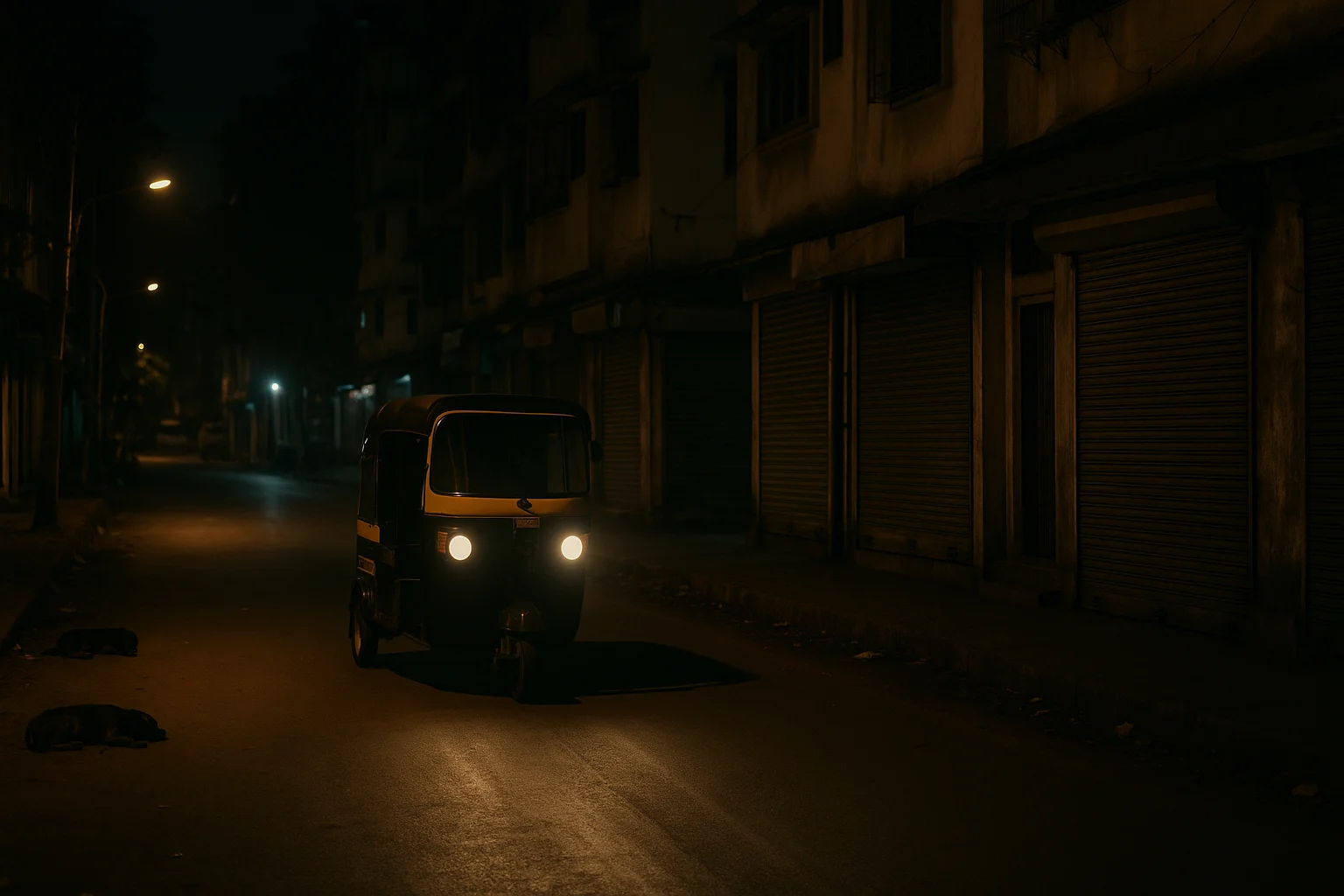
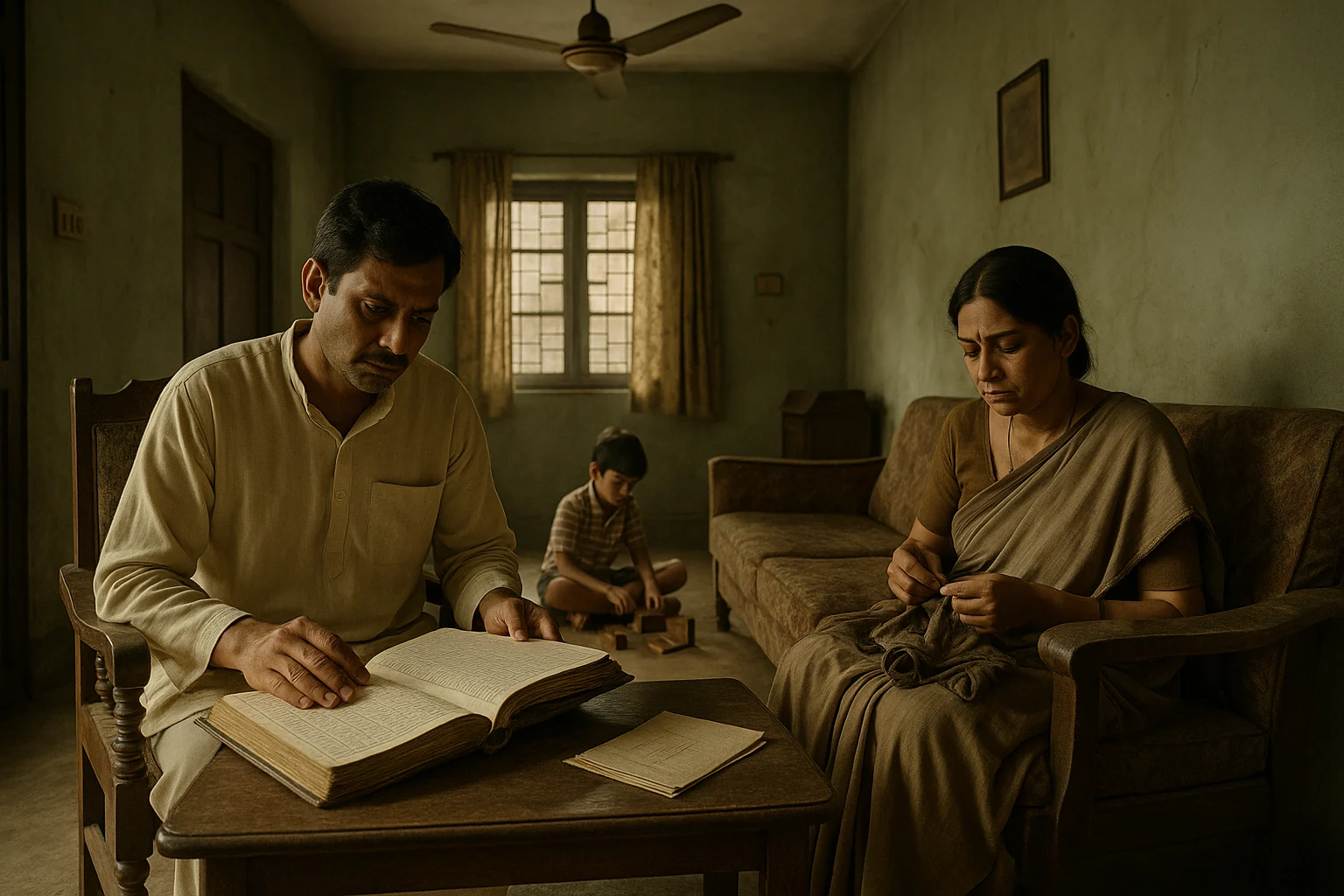
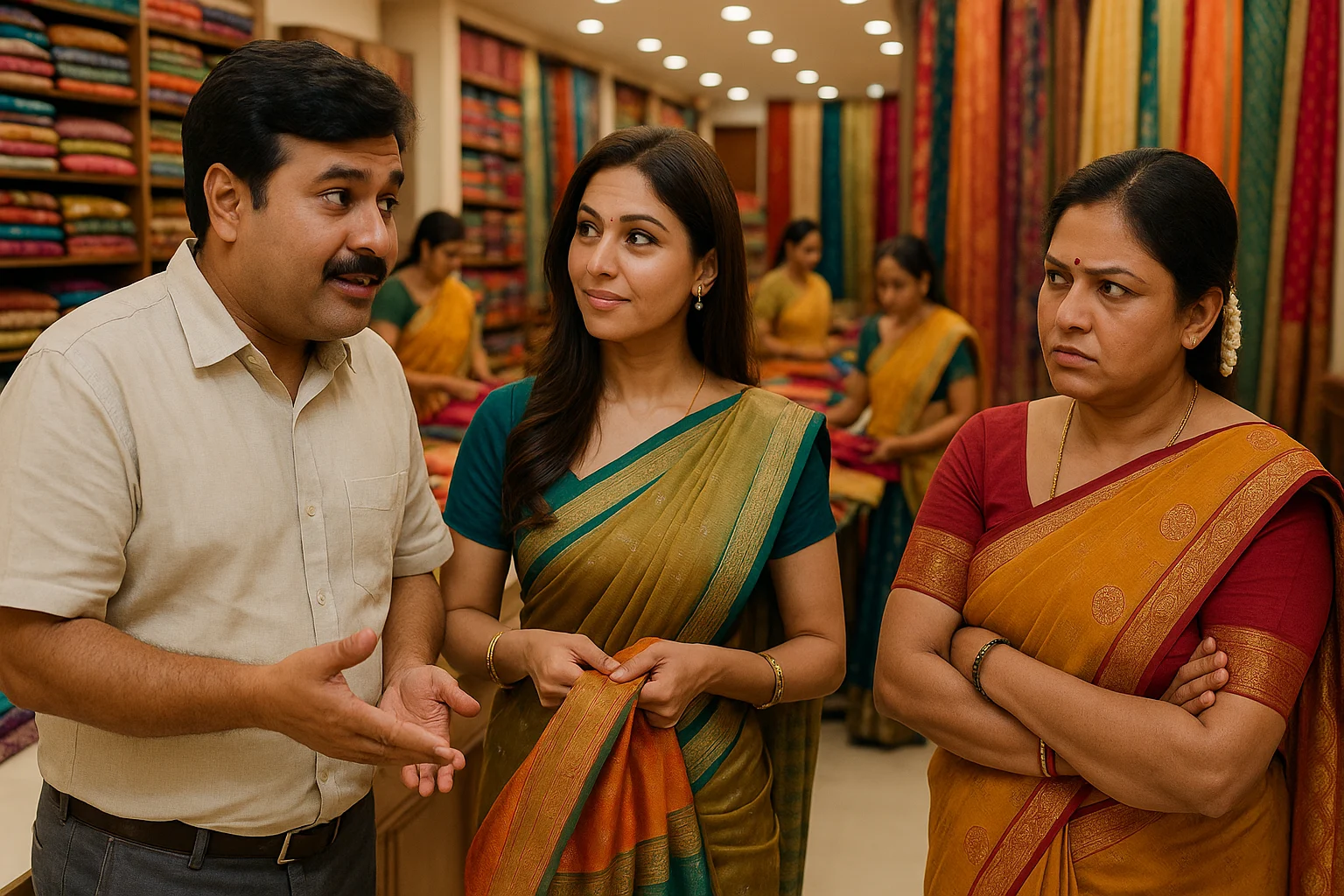
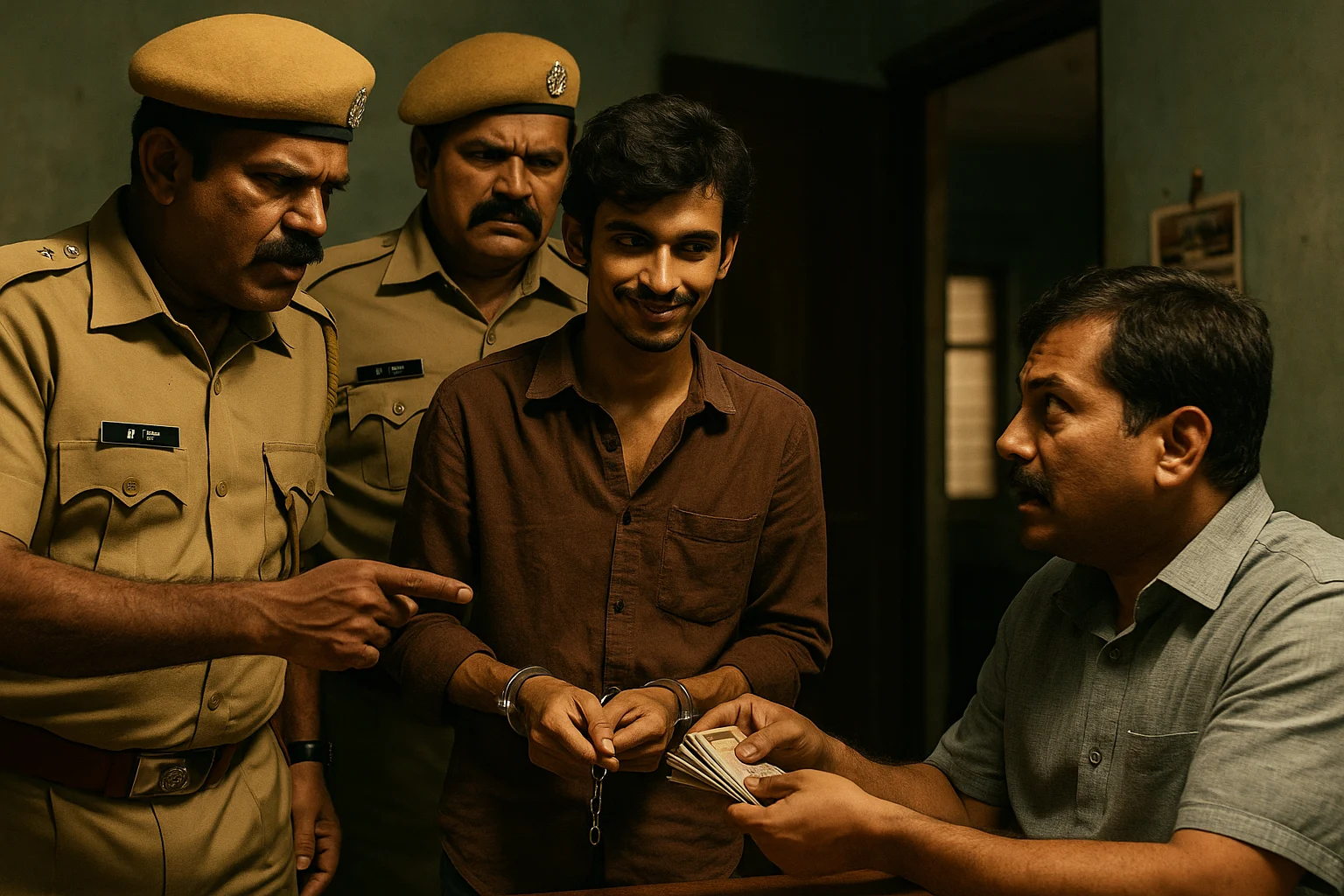


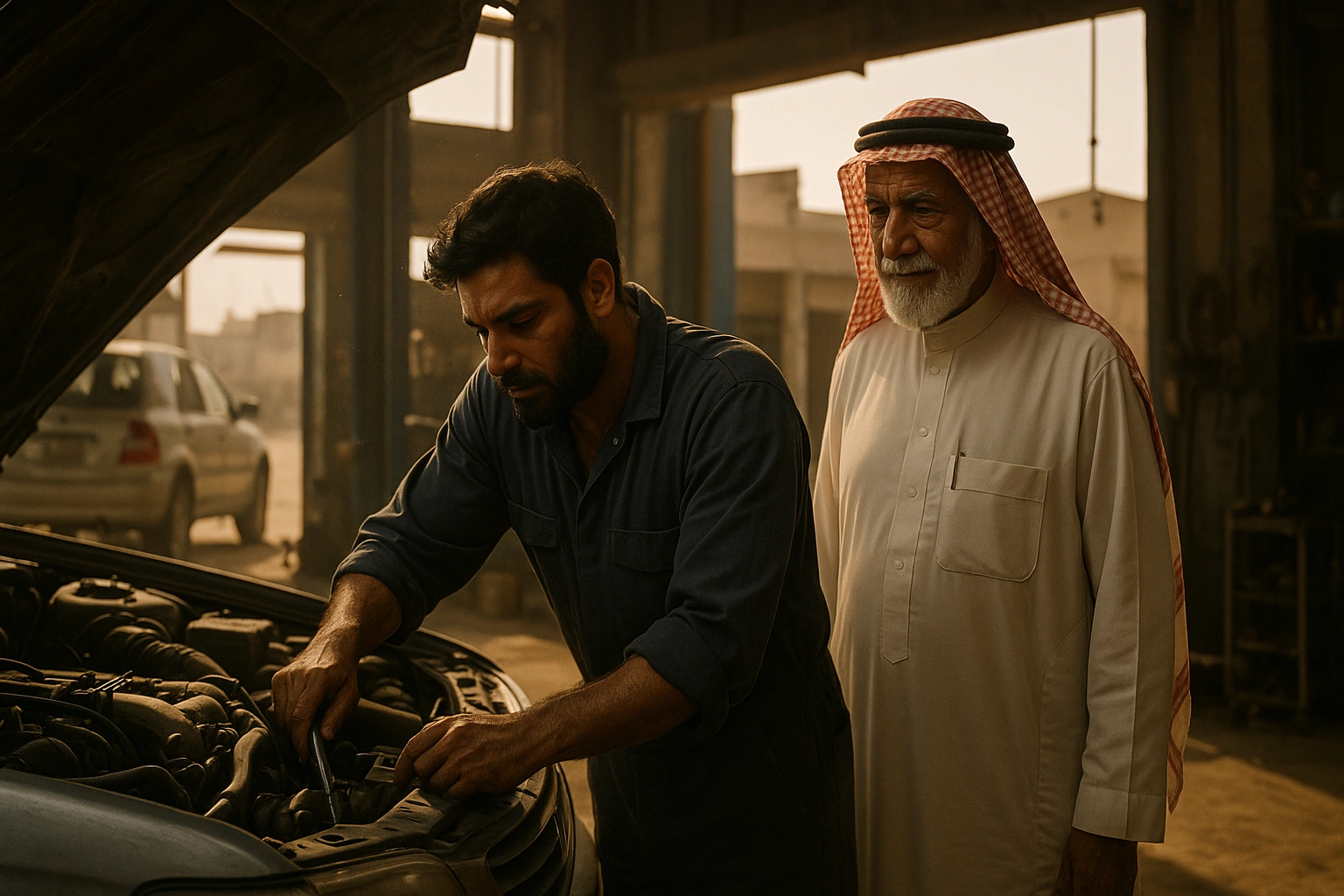

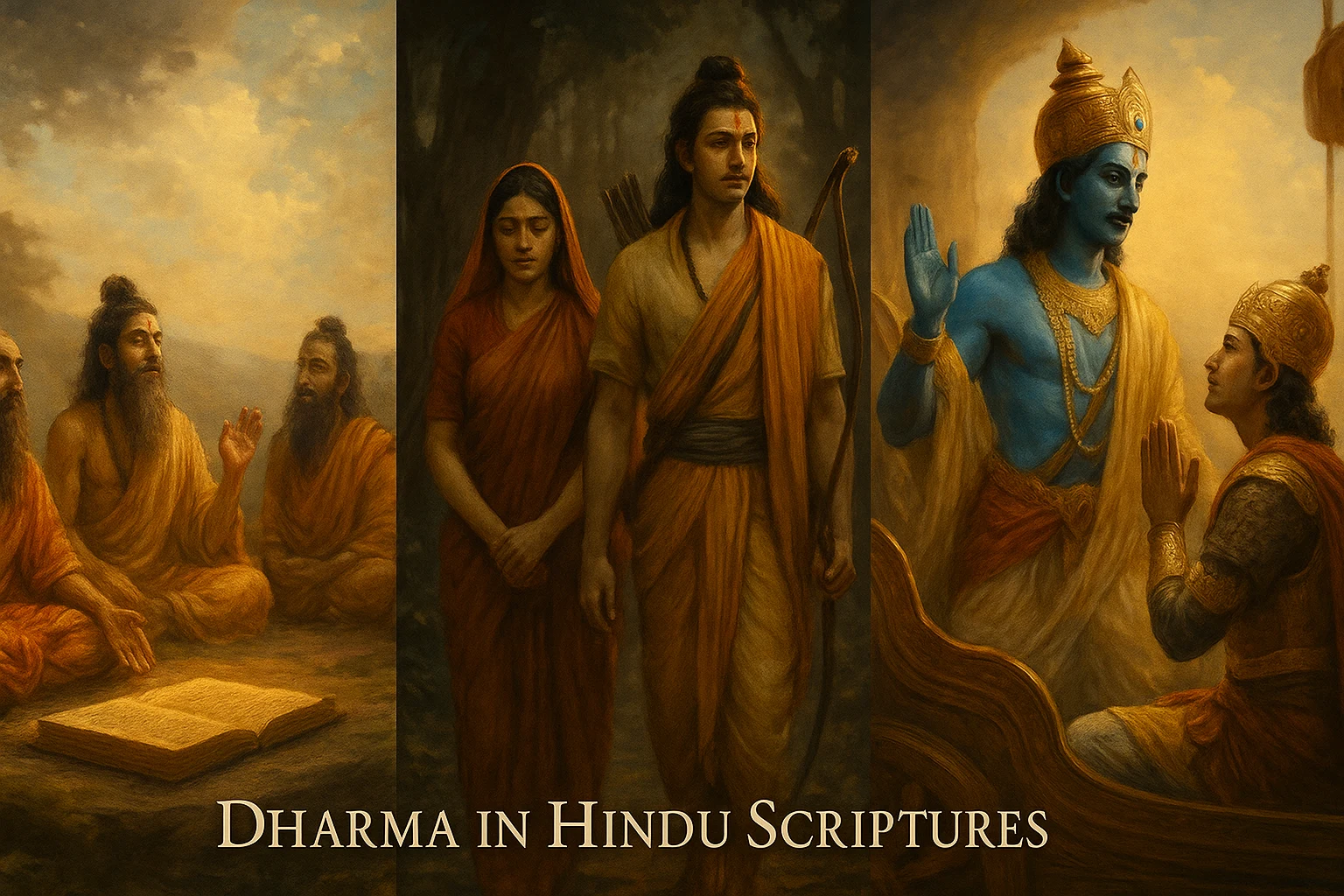

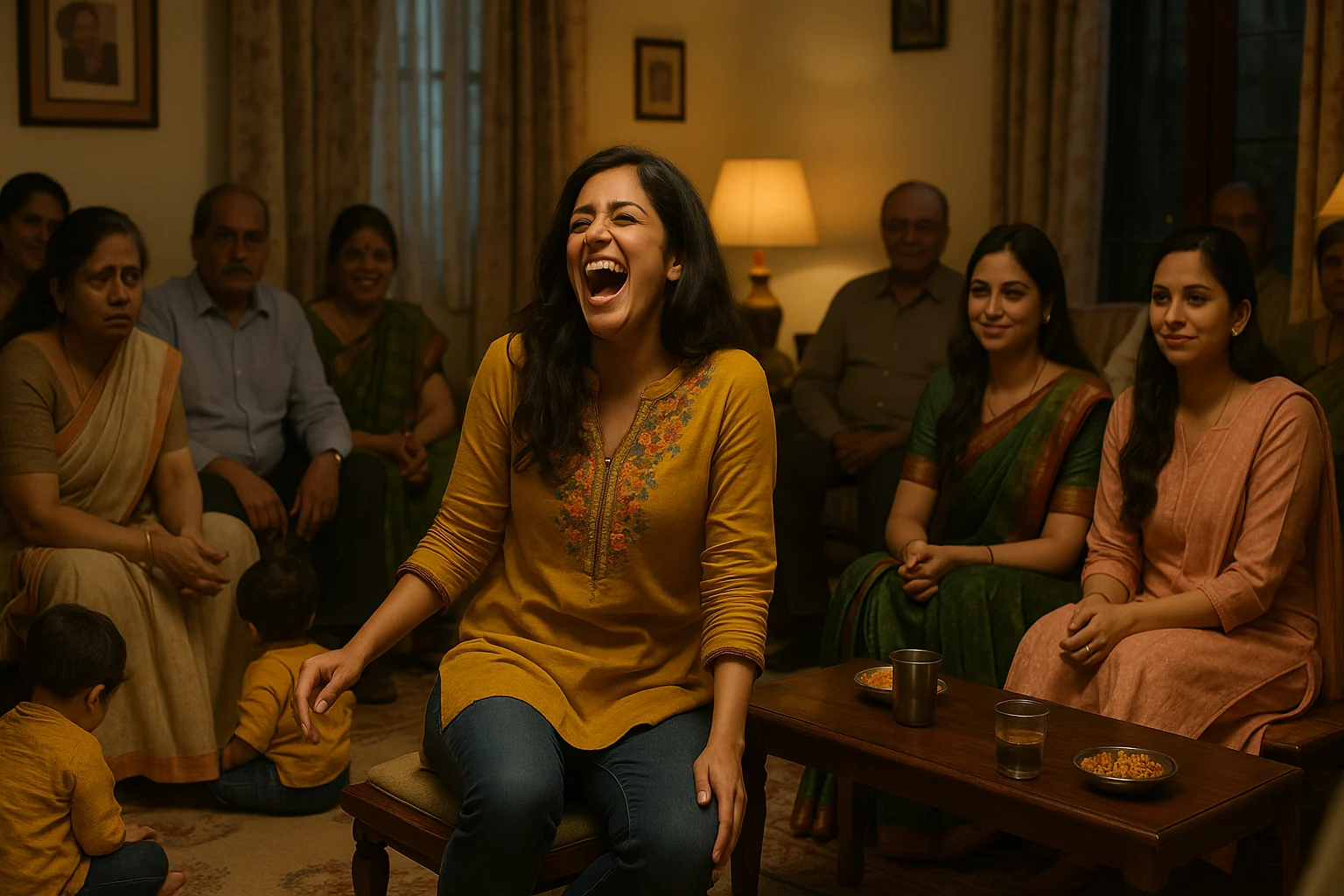
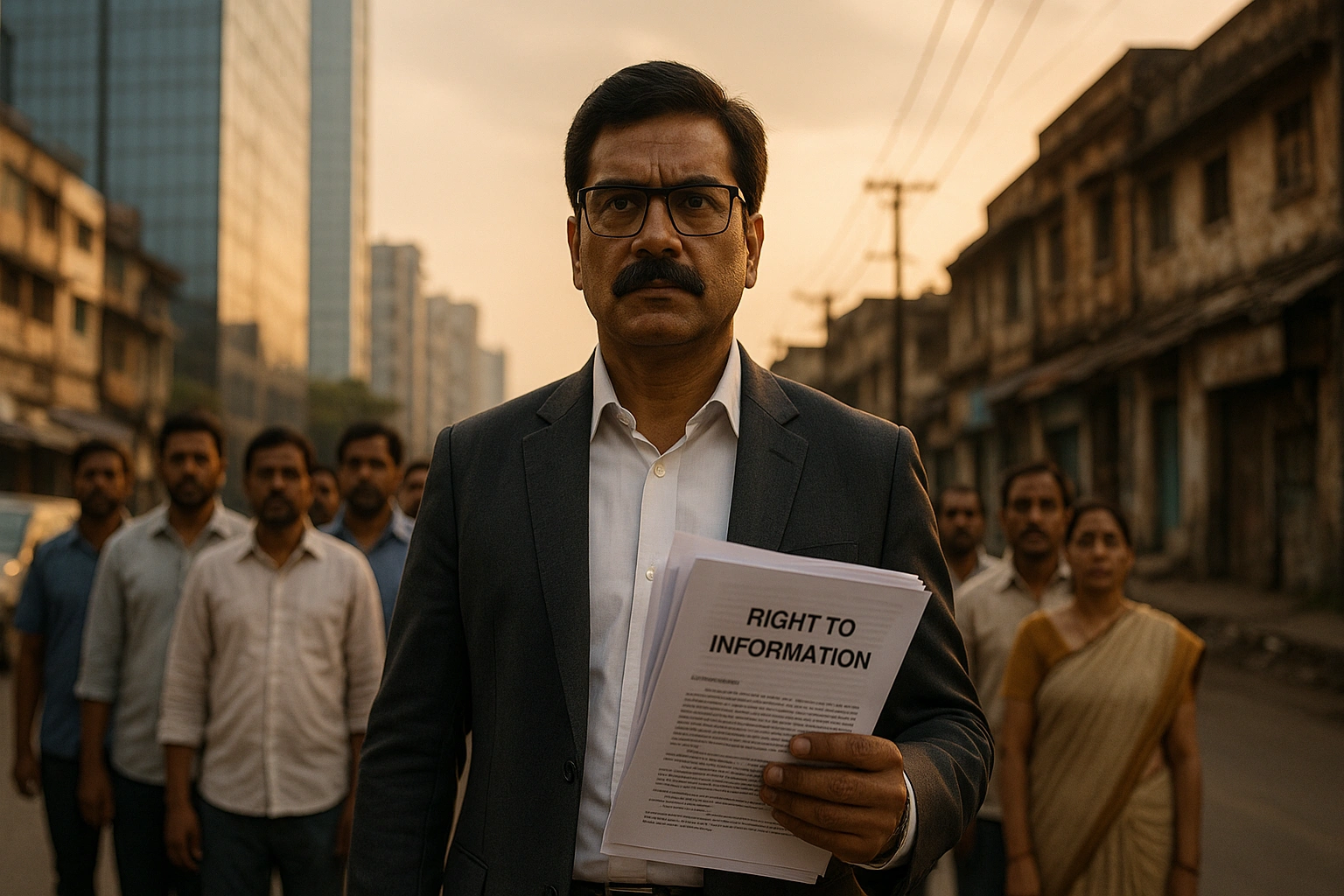
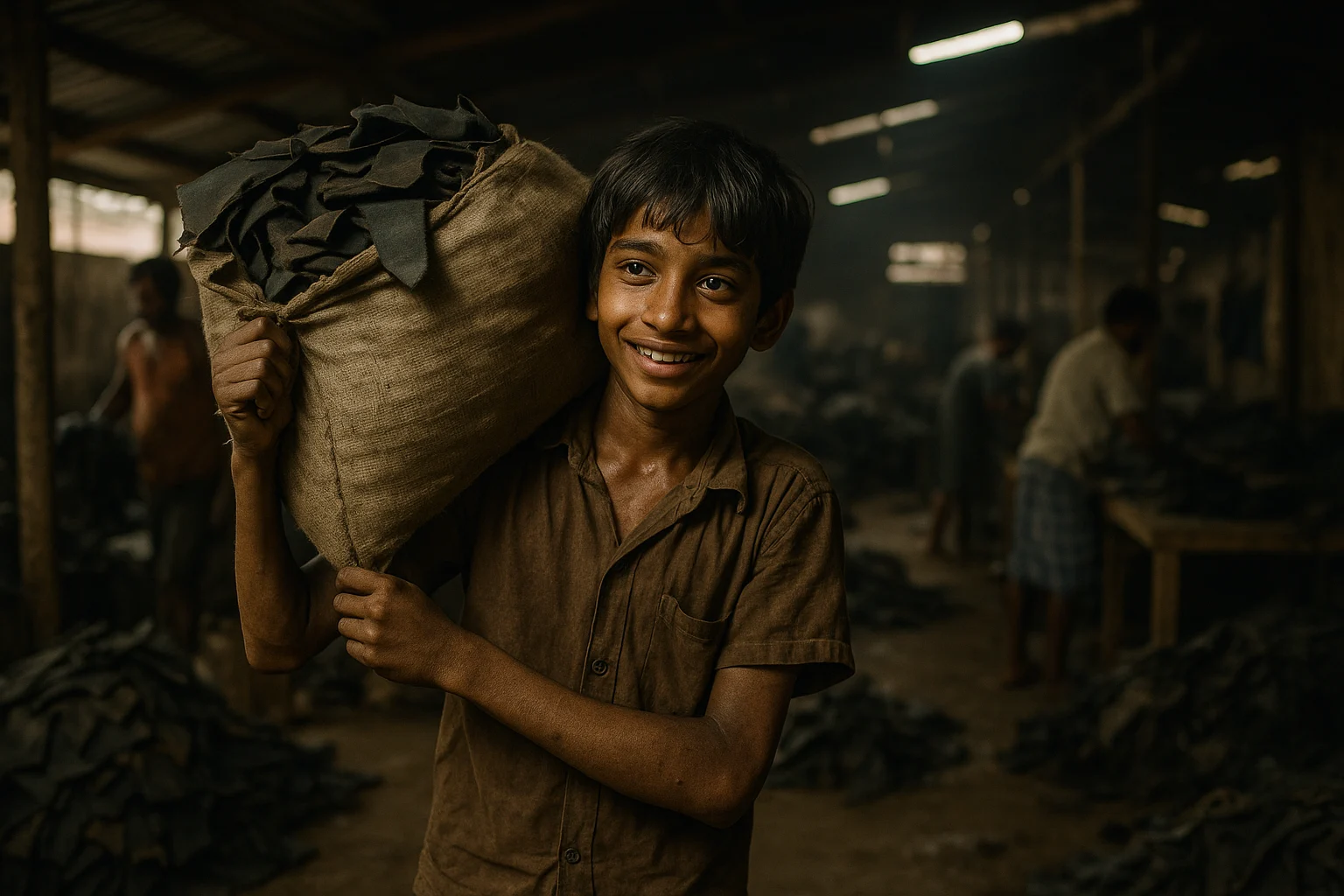







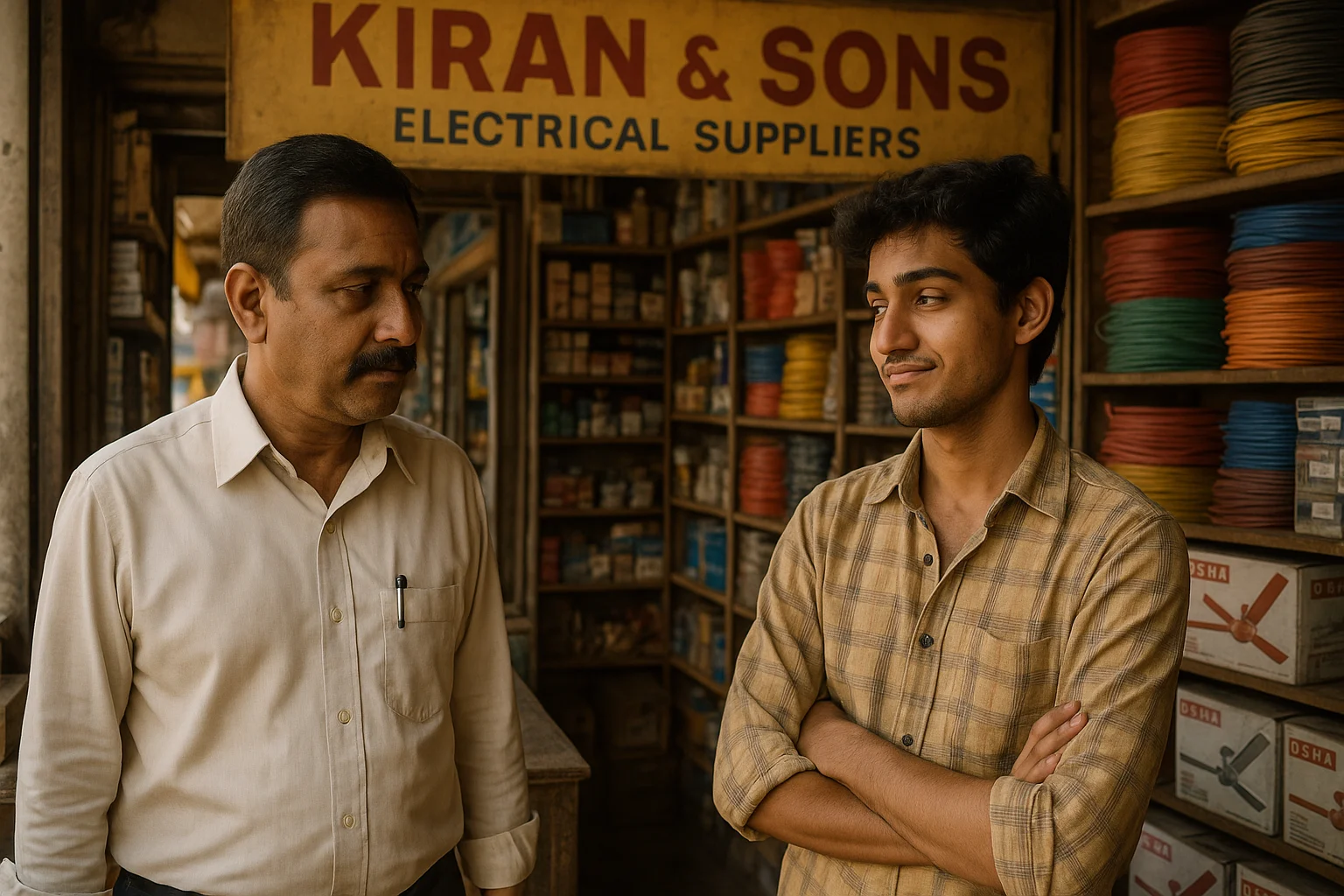

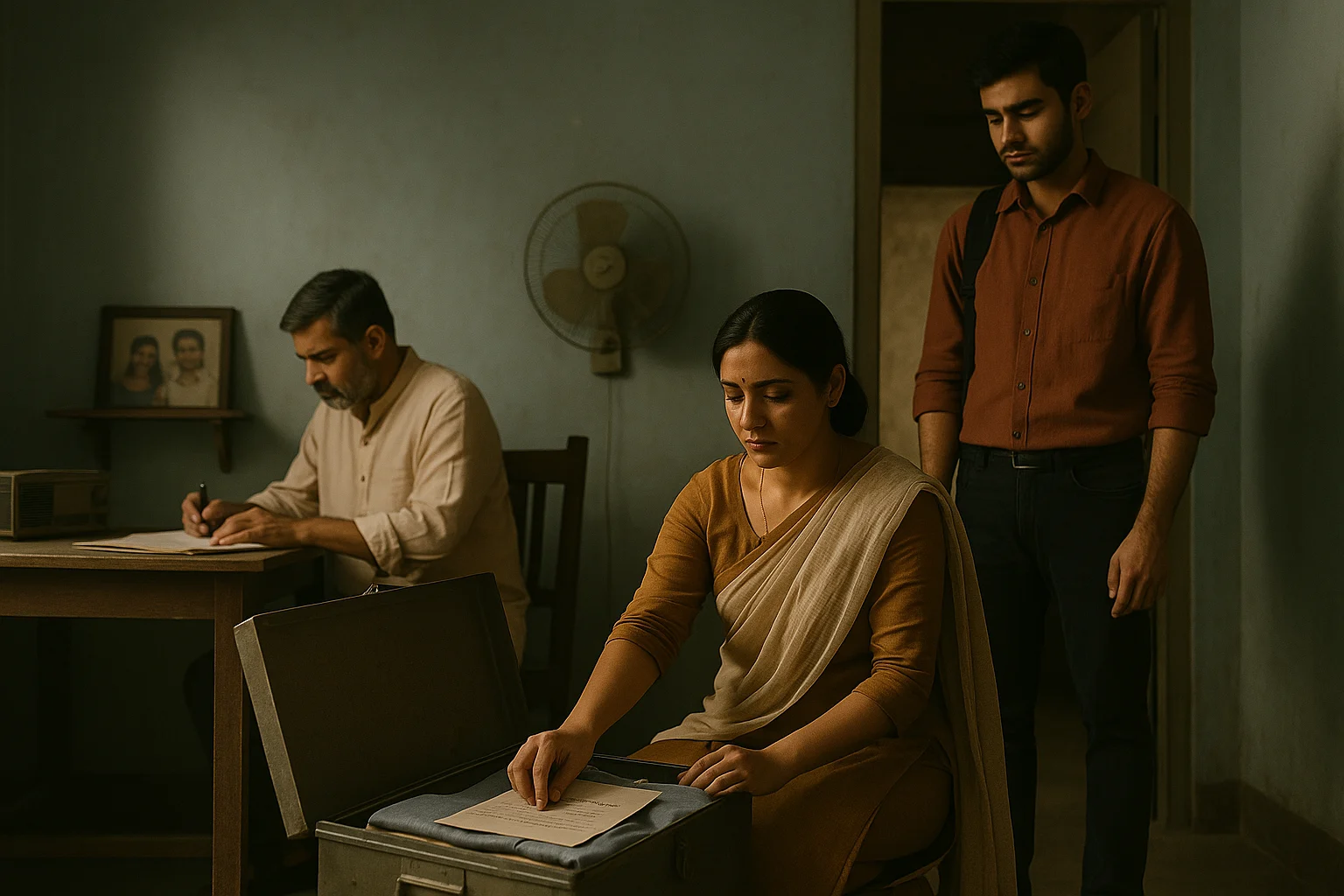 The Fall
The Fall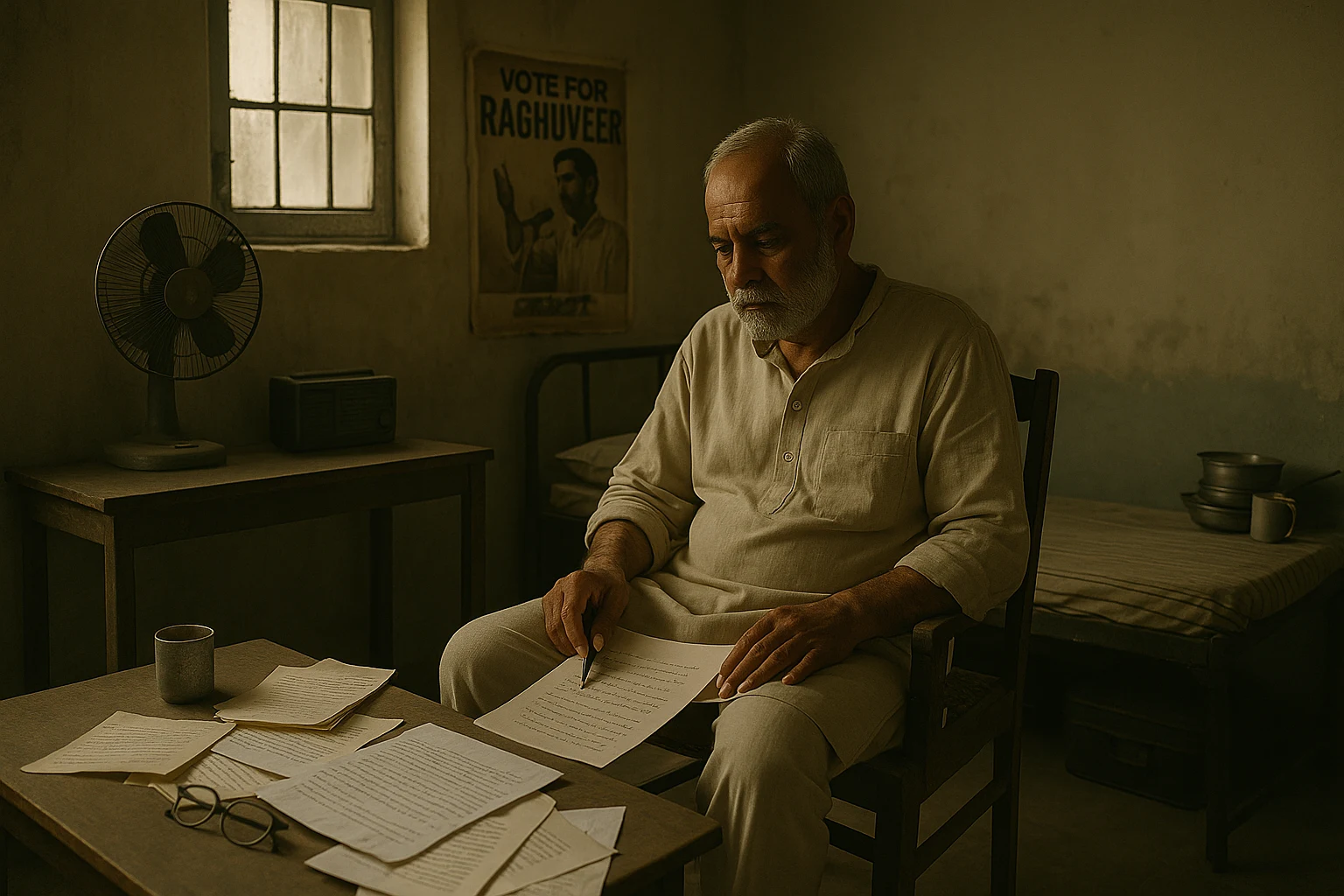 The End
The End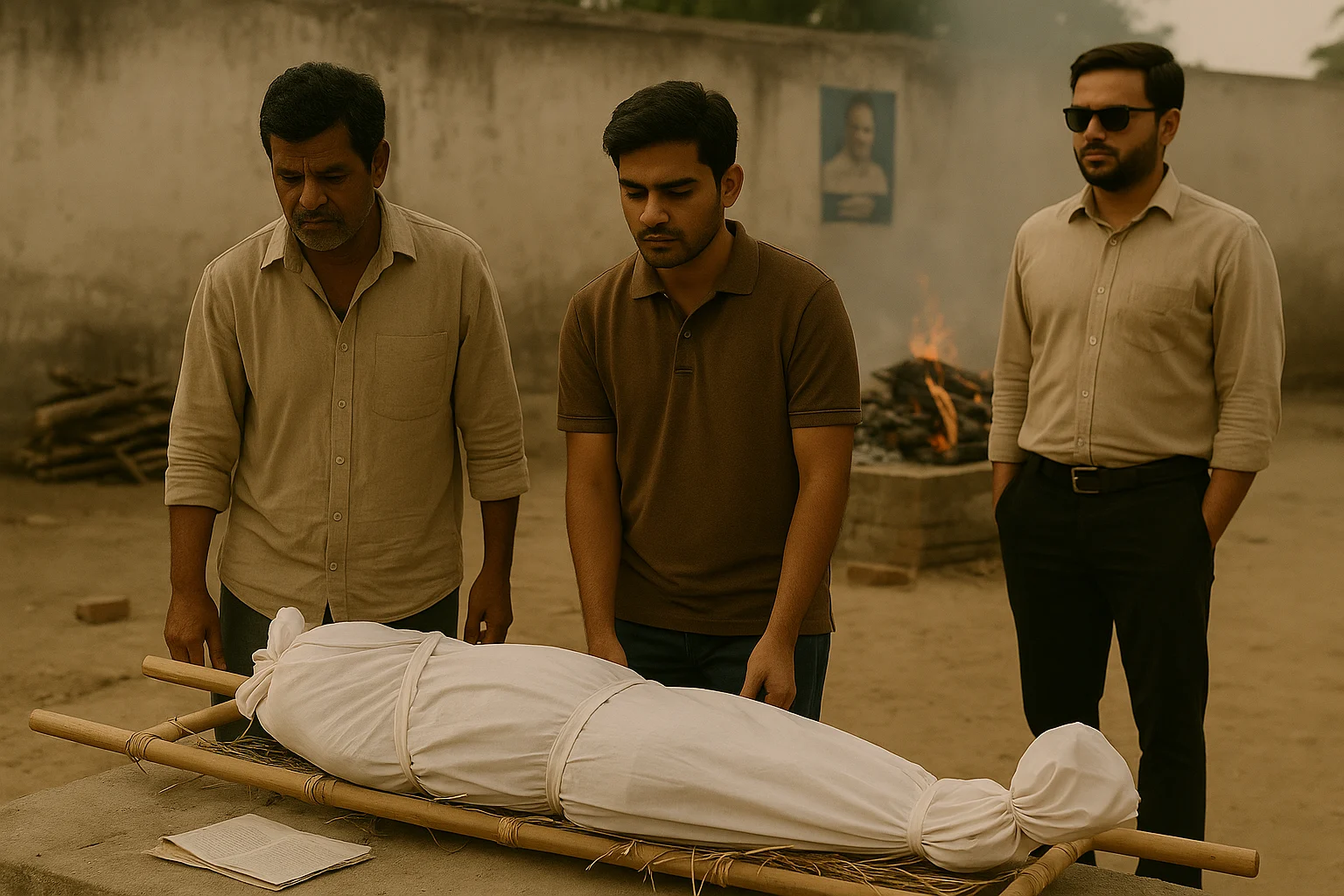 Epilogue: The Forgotten File
Epilogue: The Forgotten File